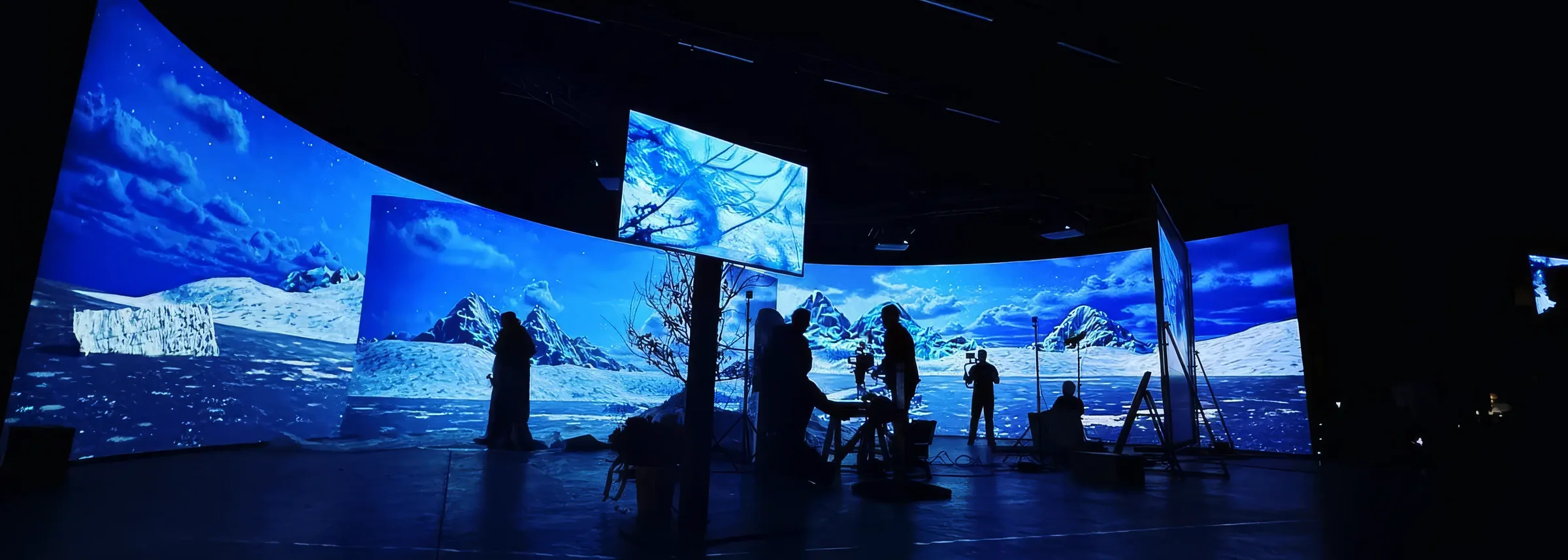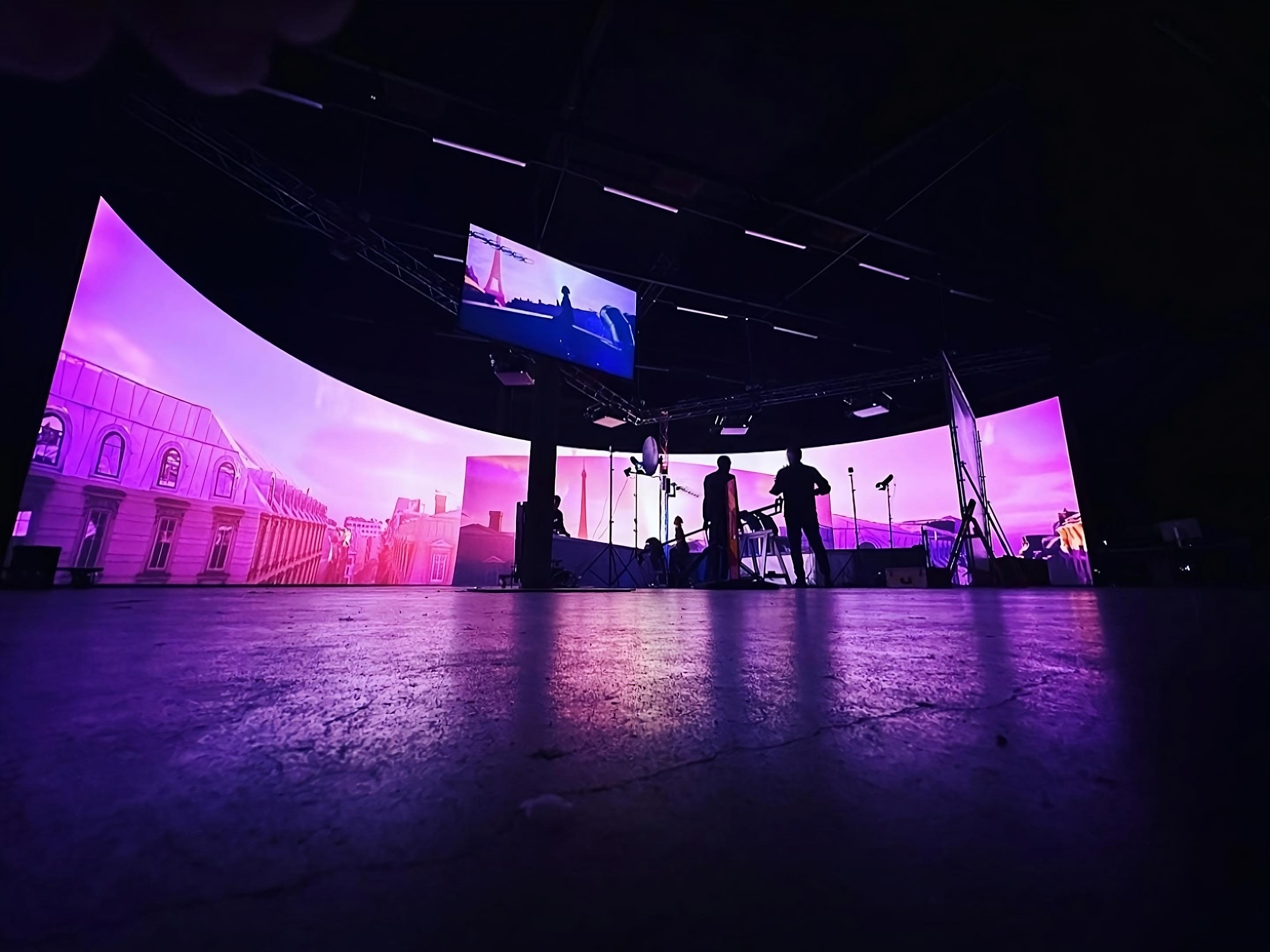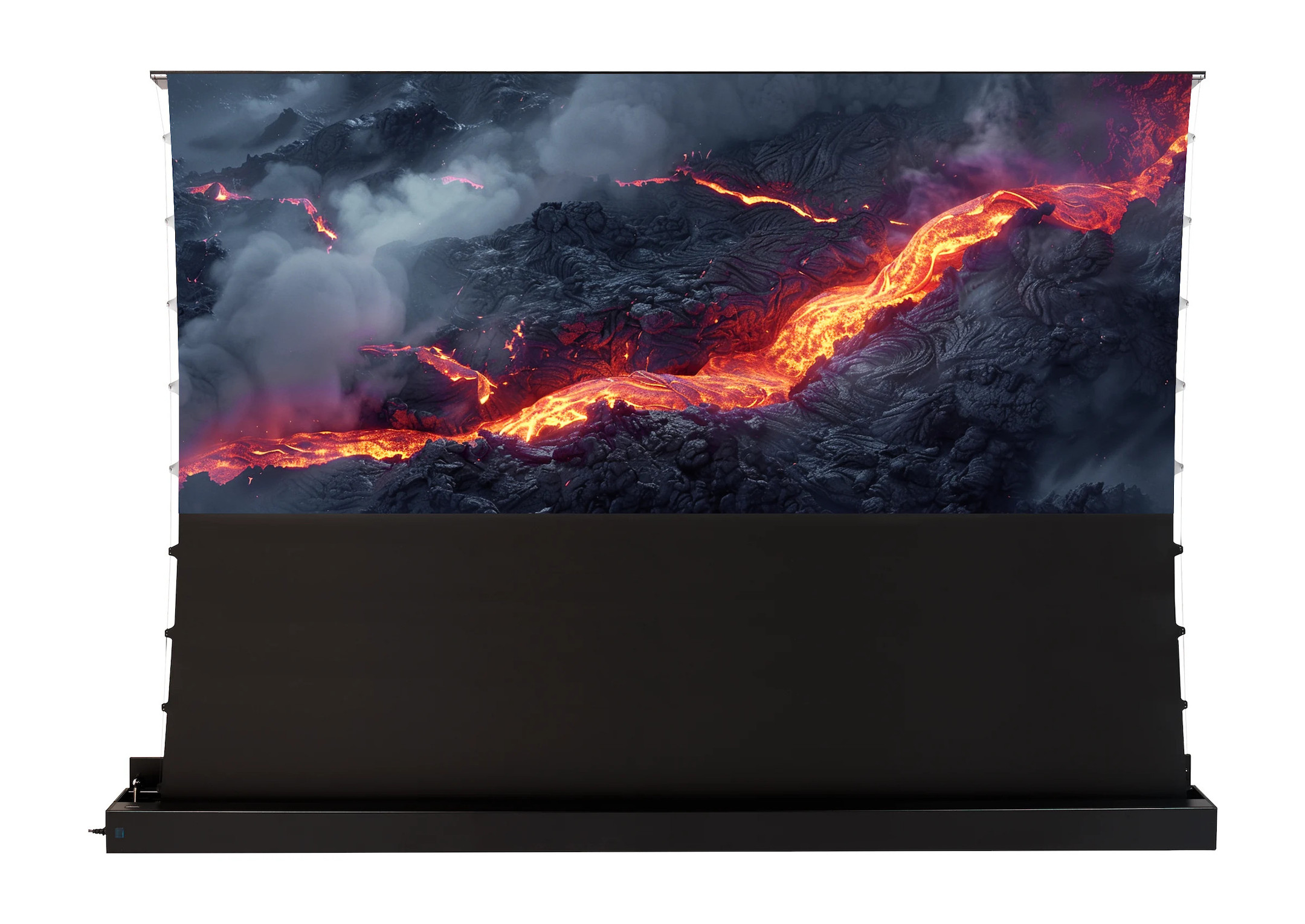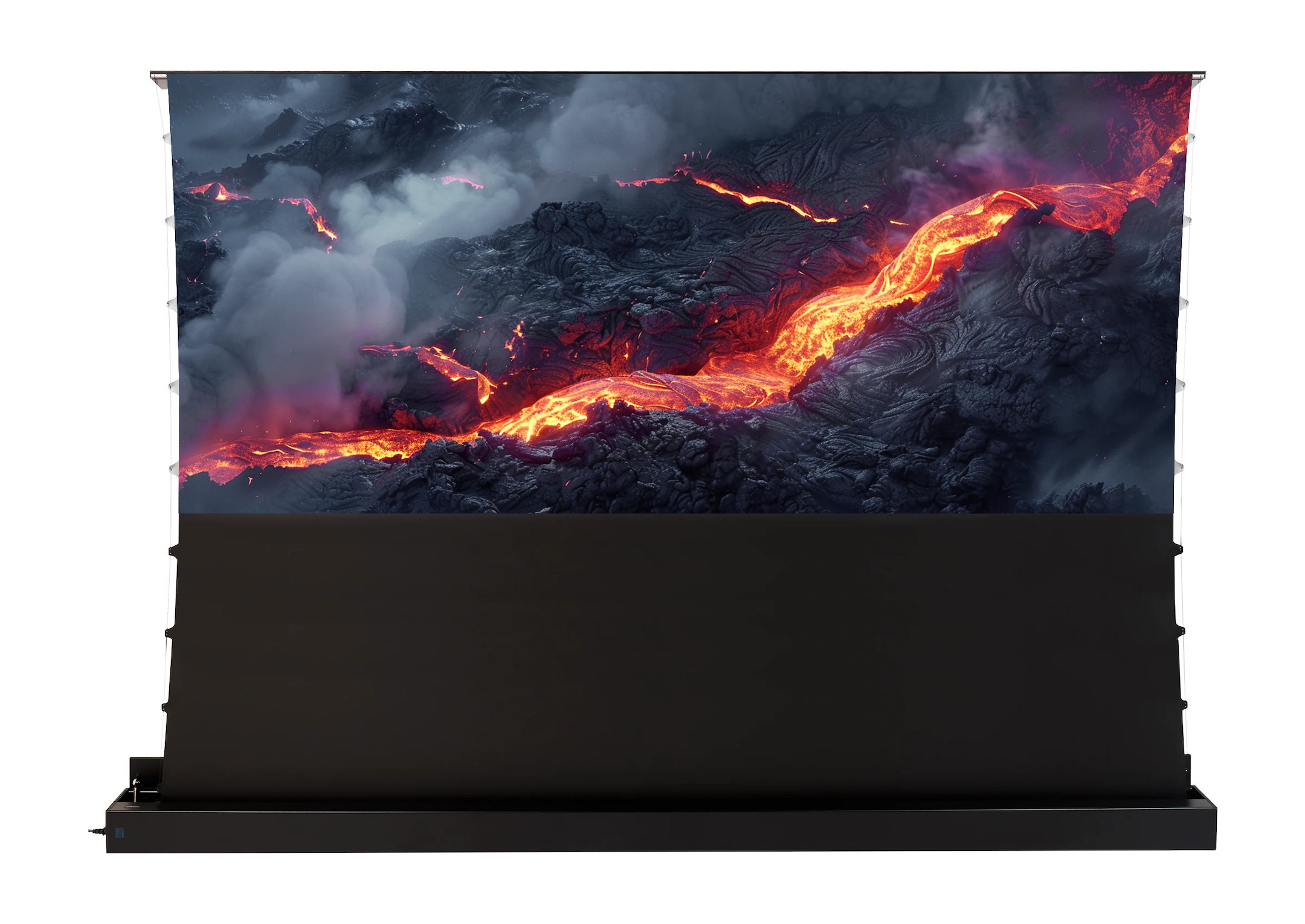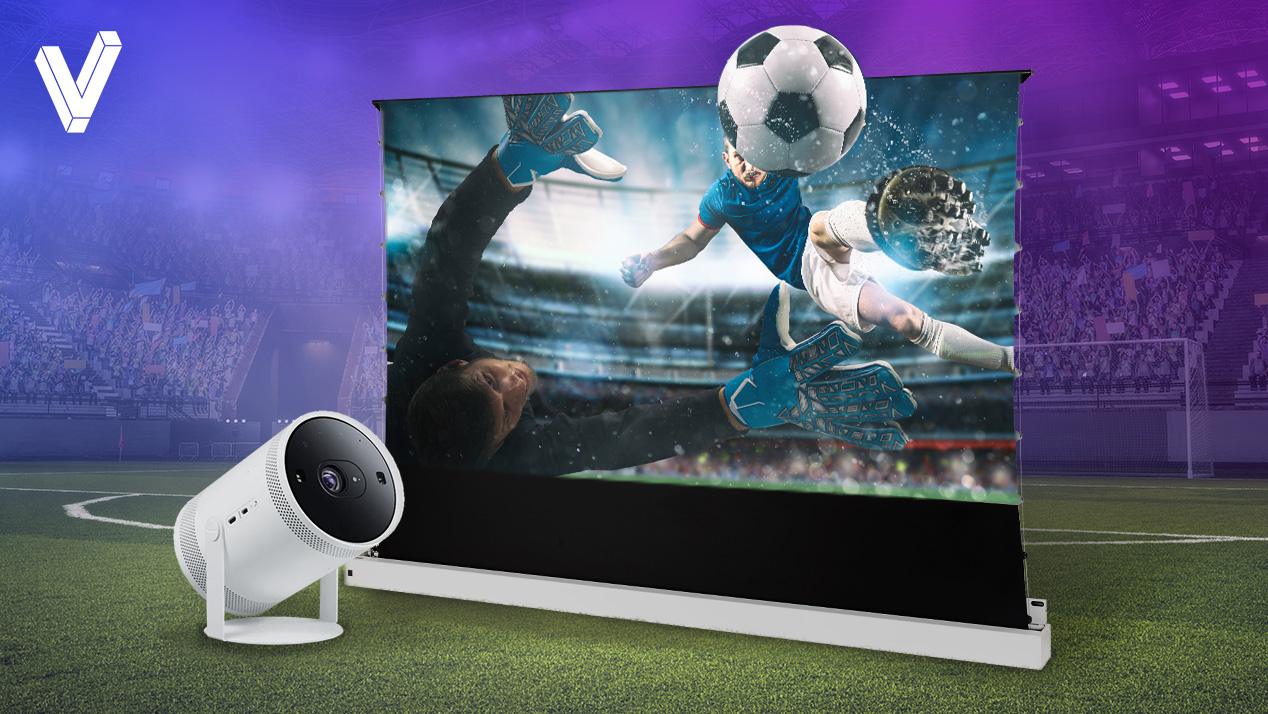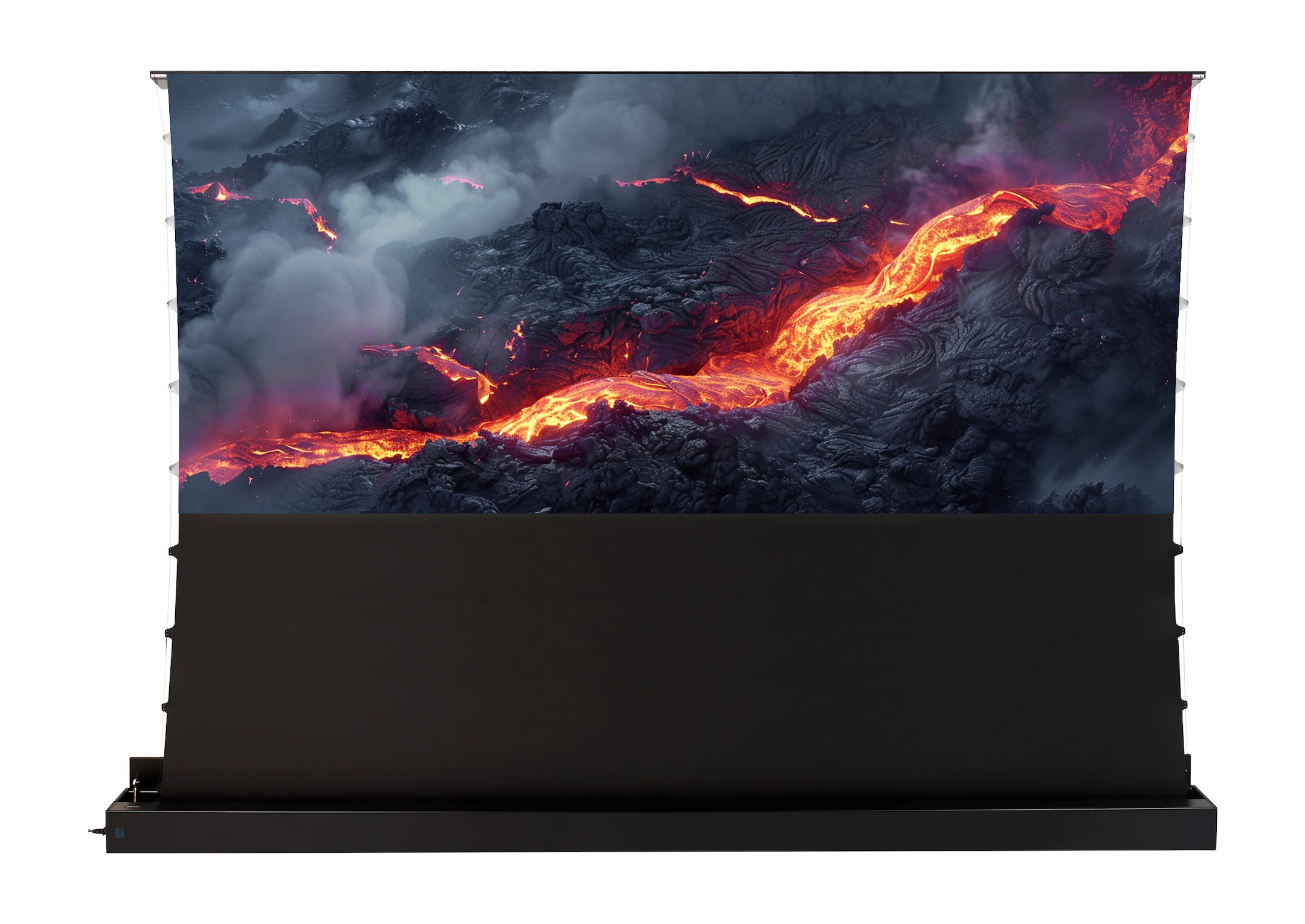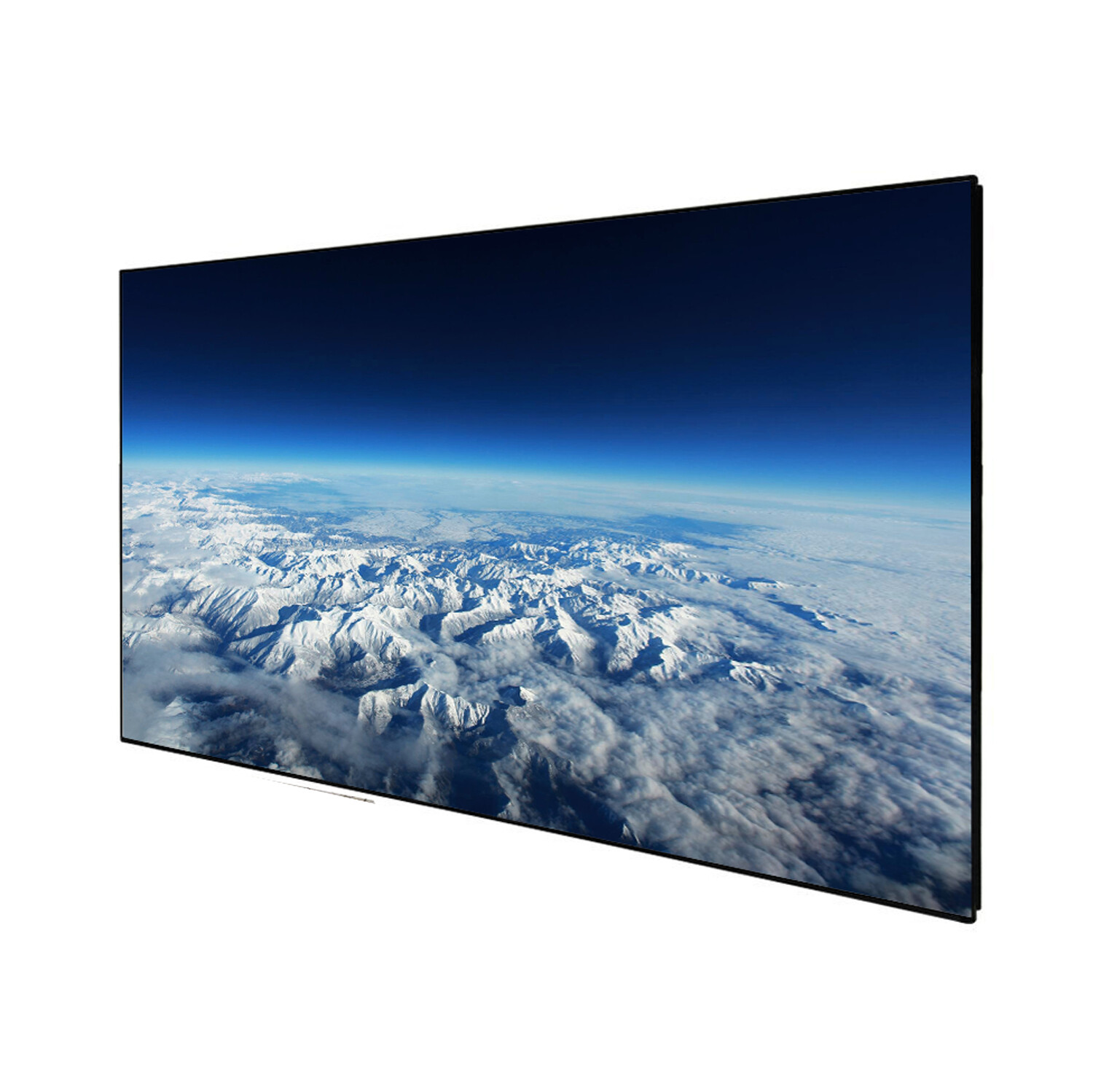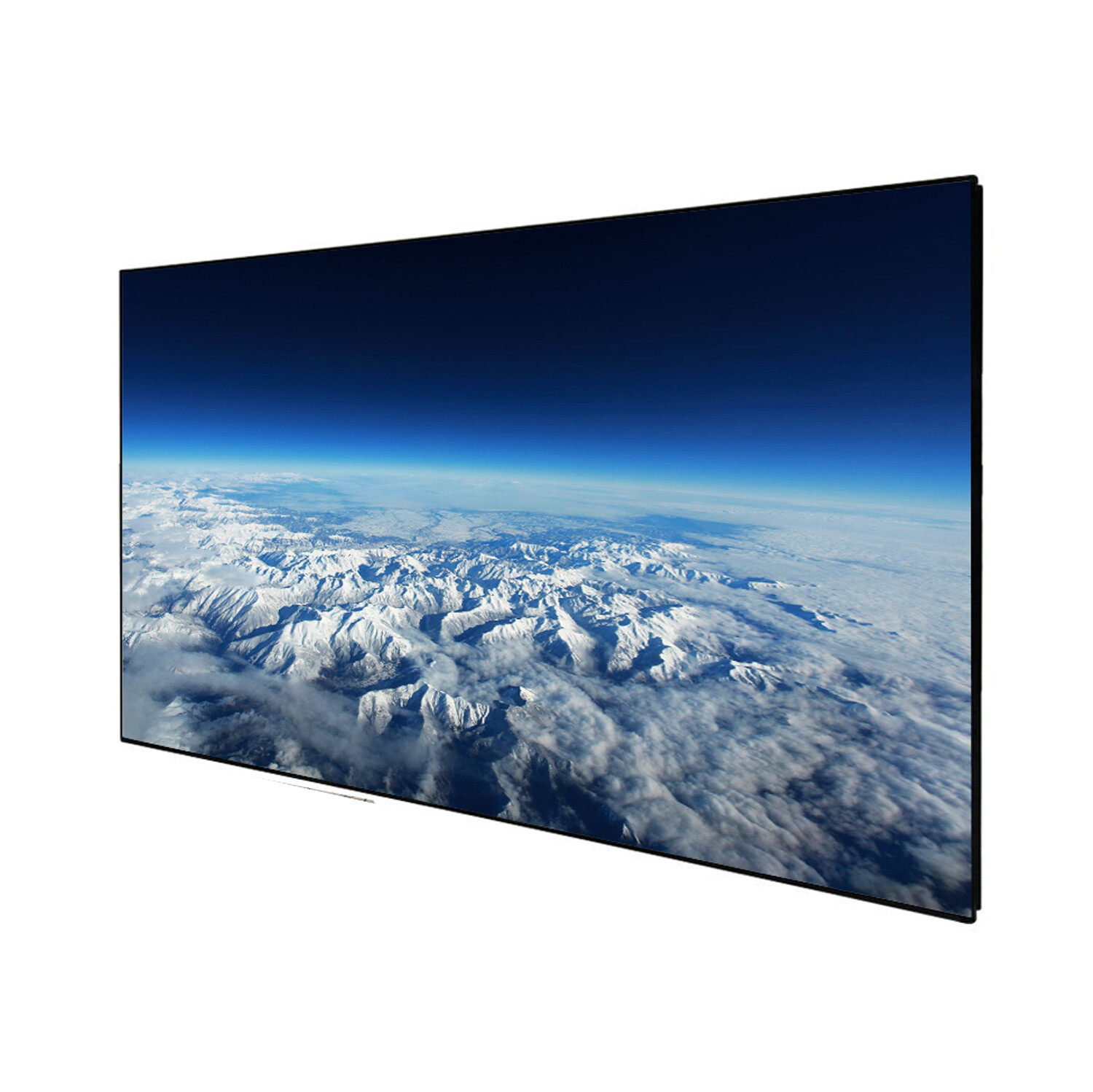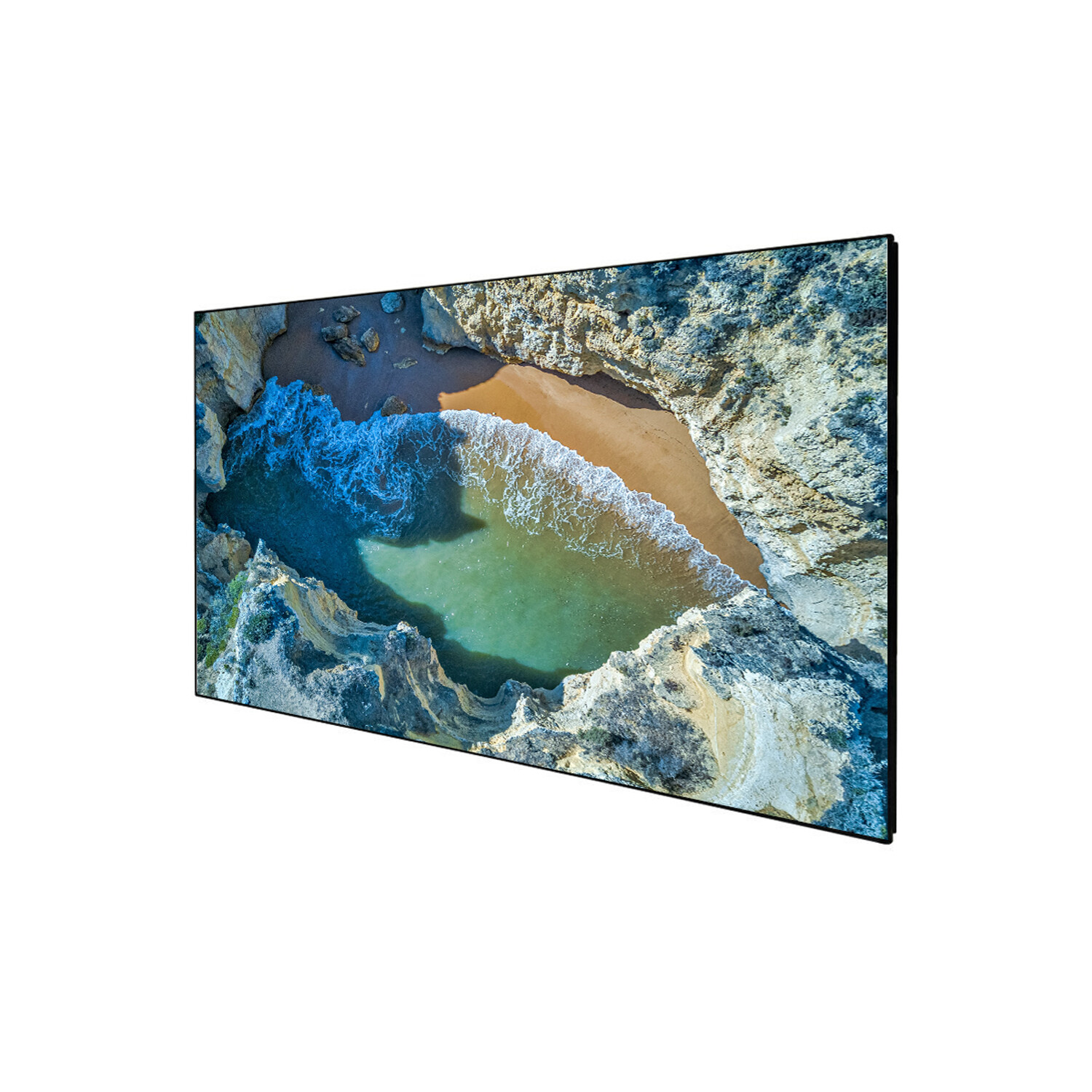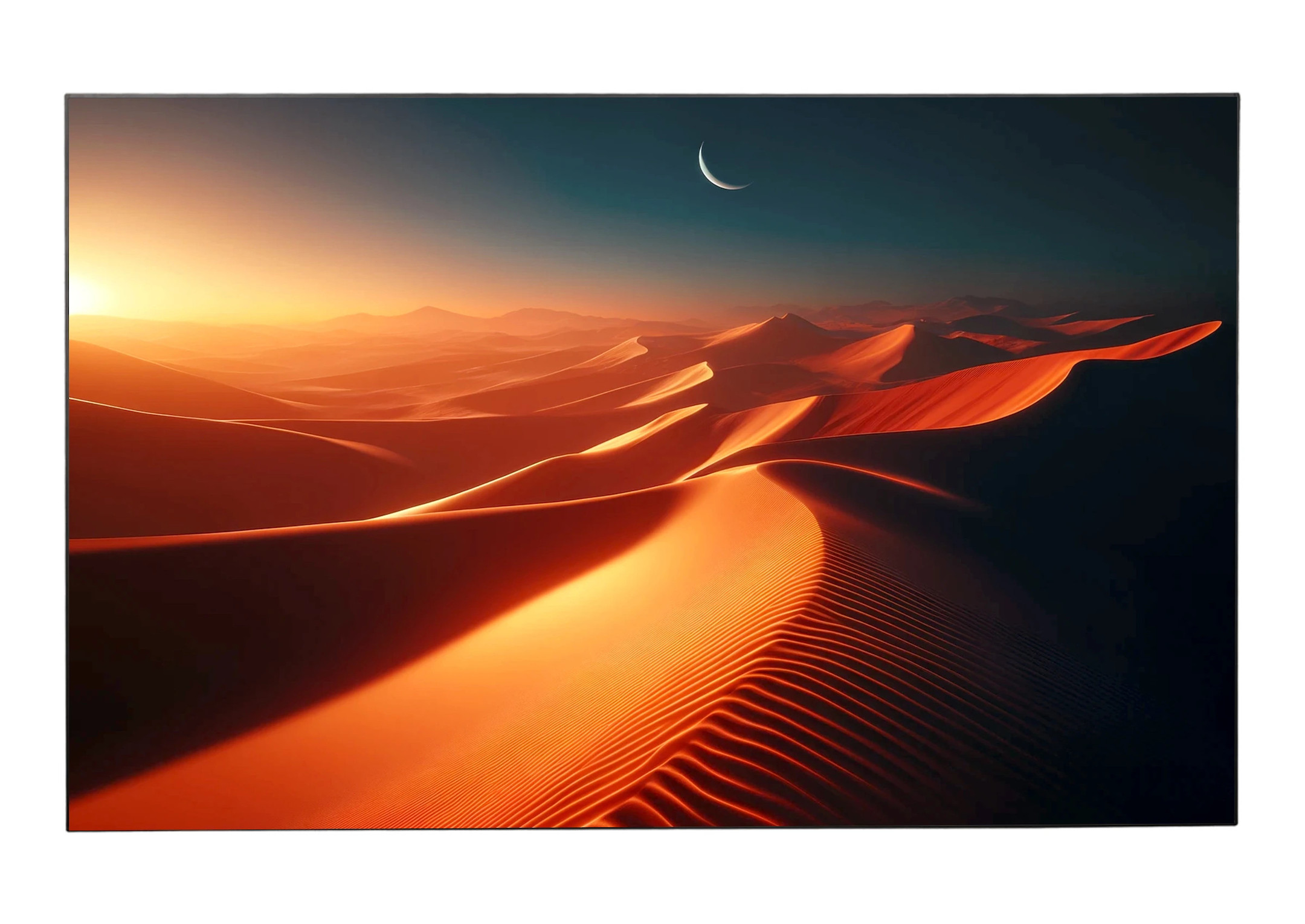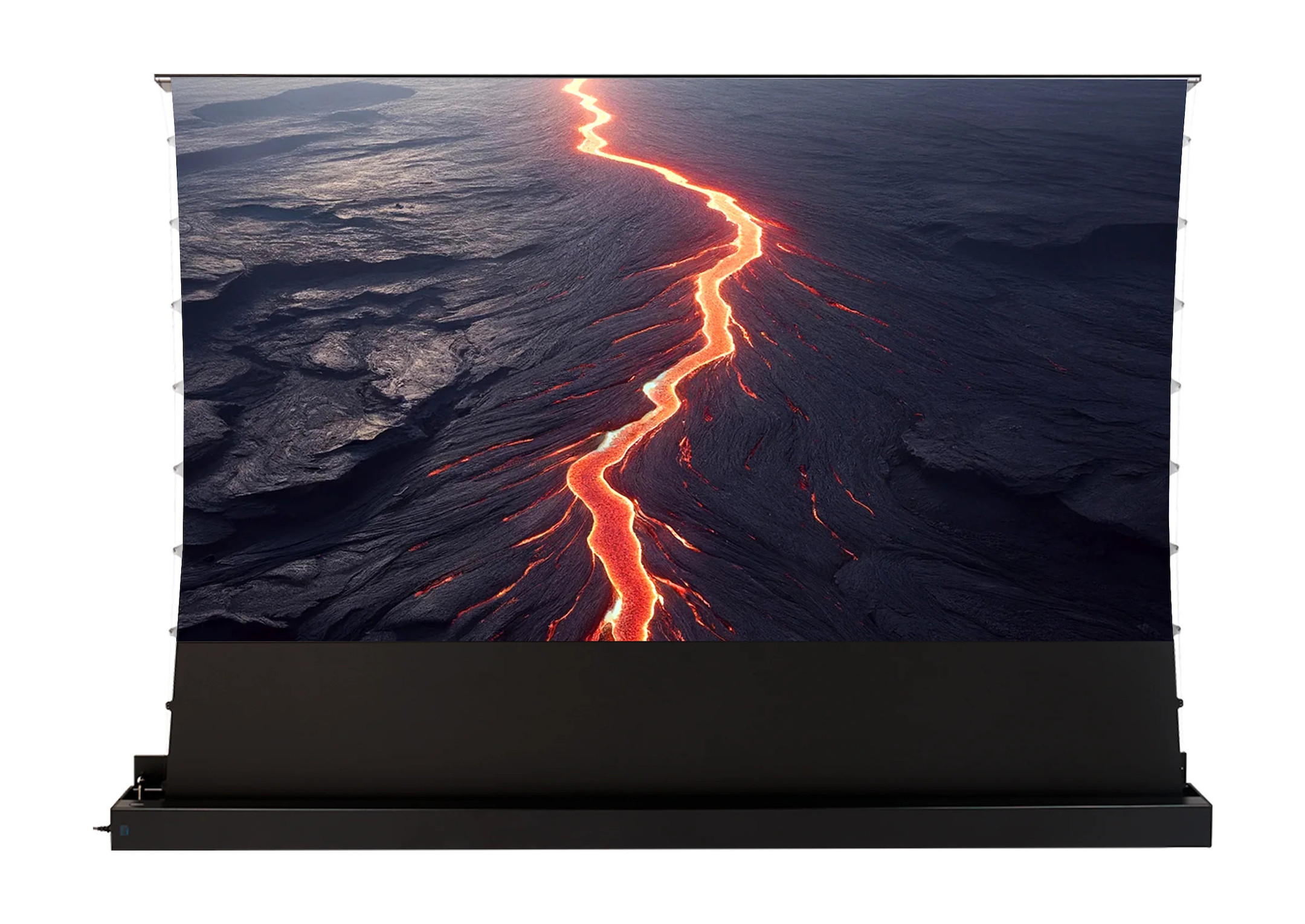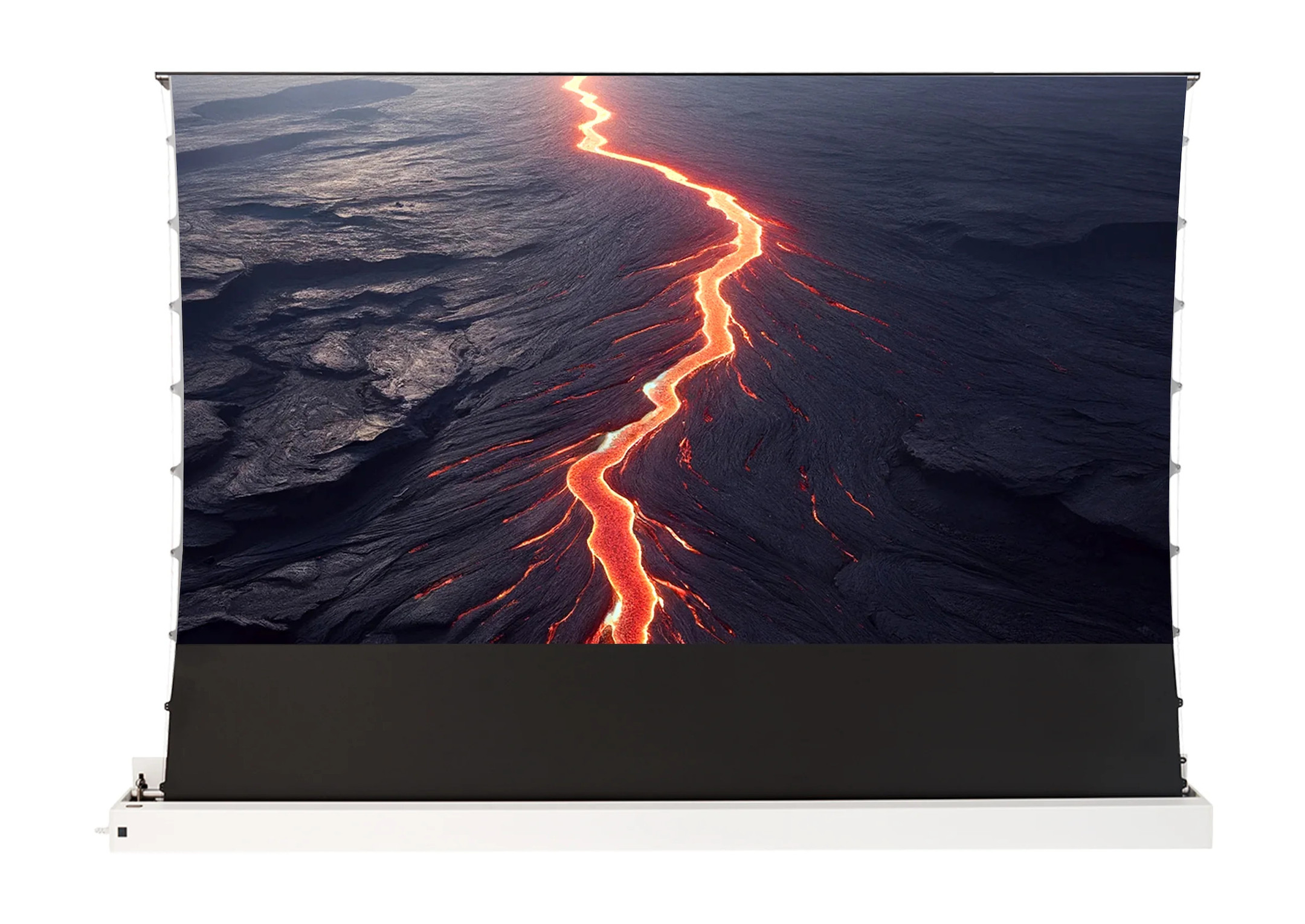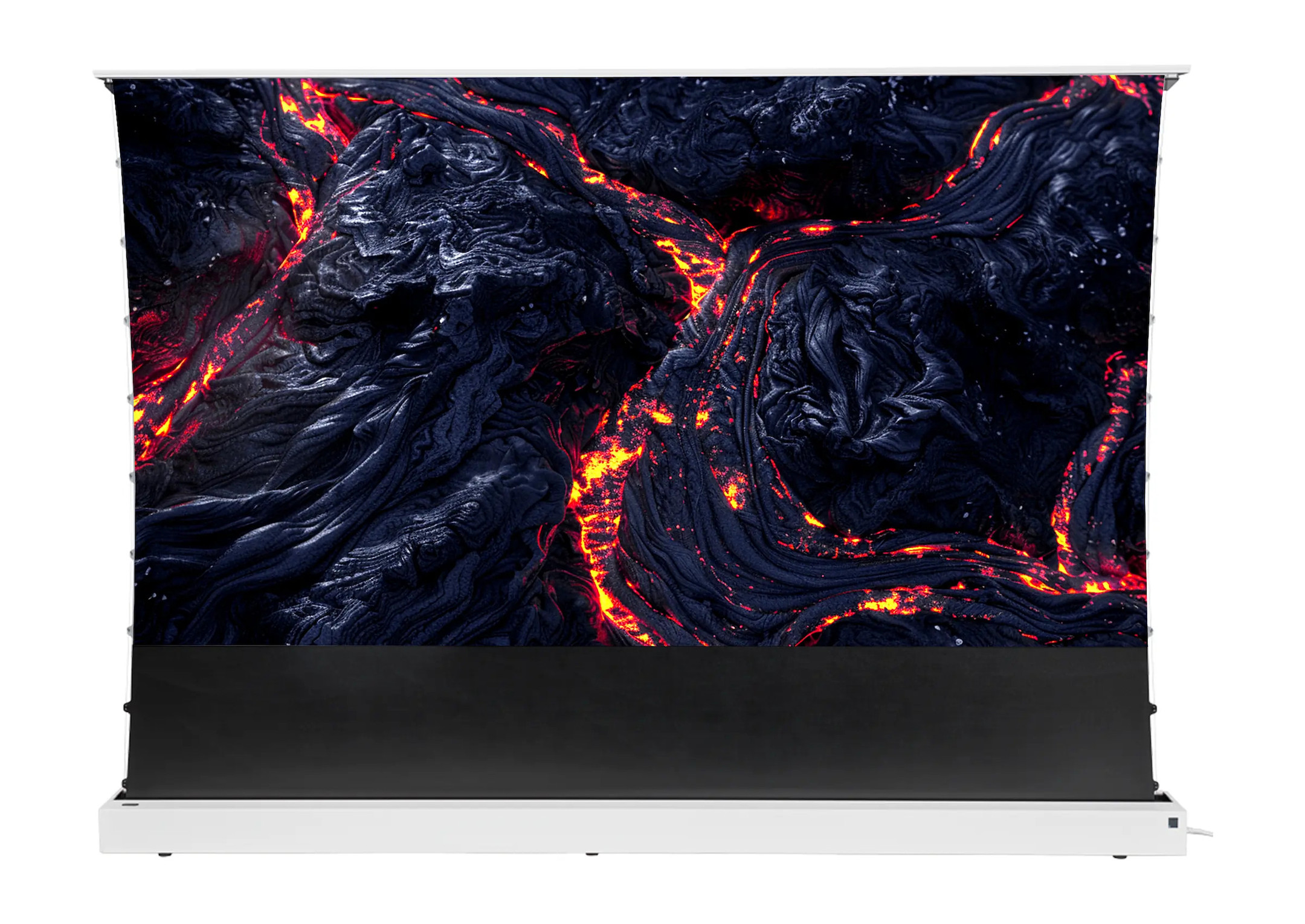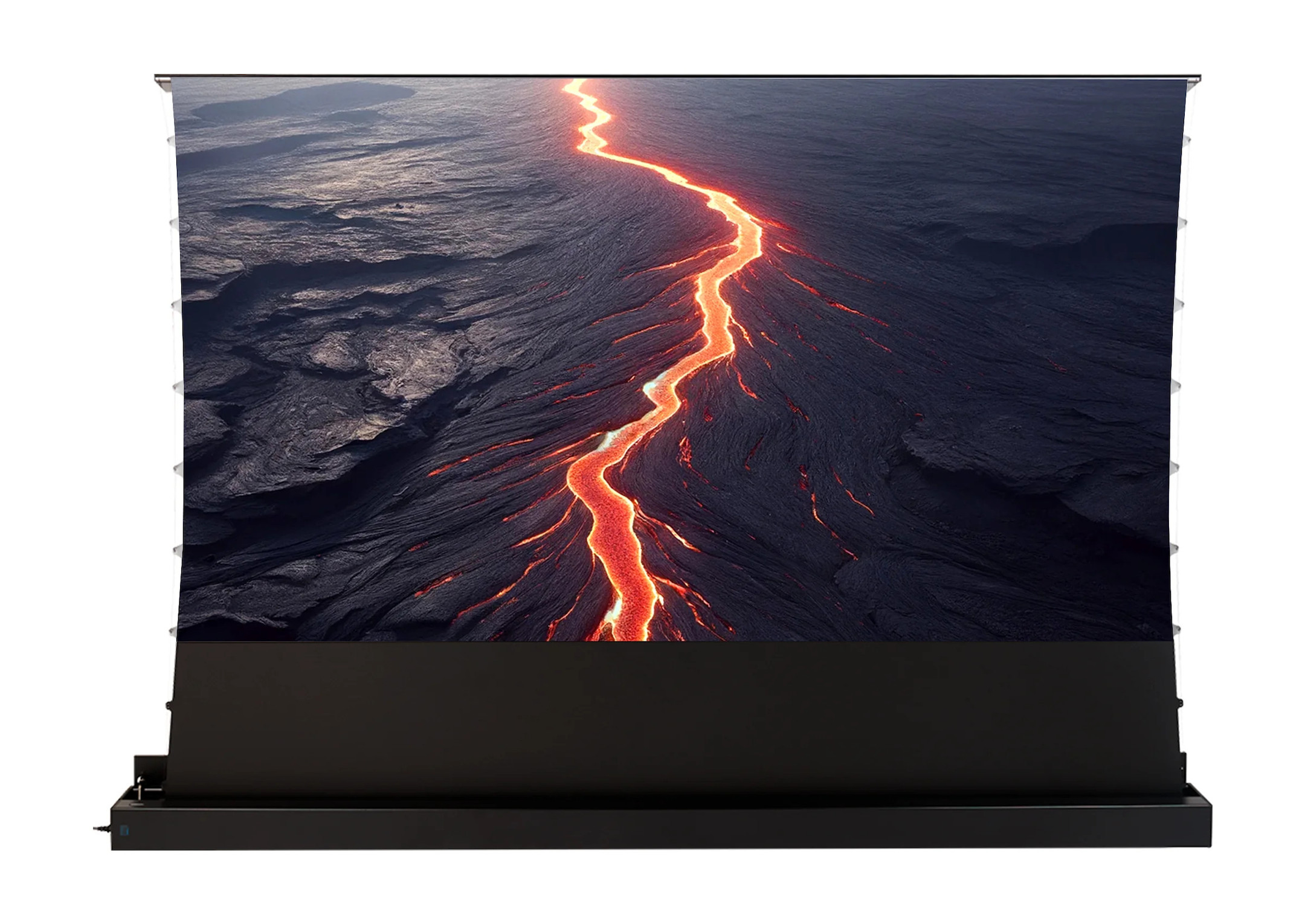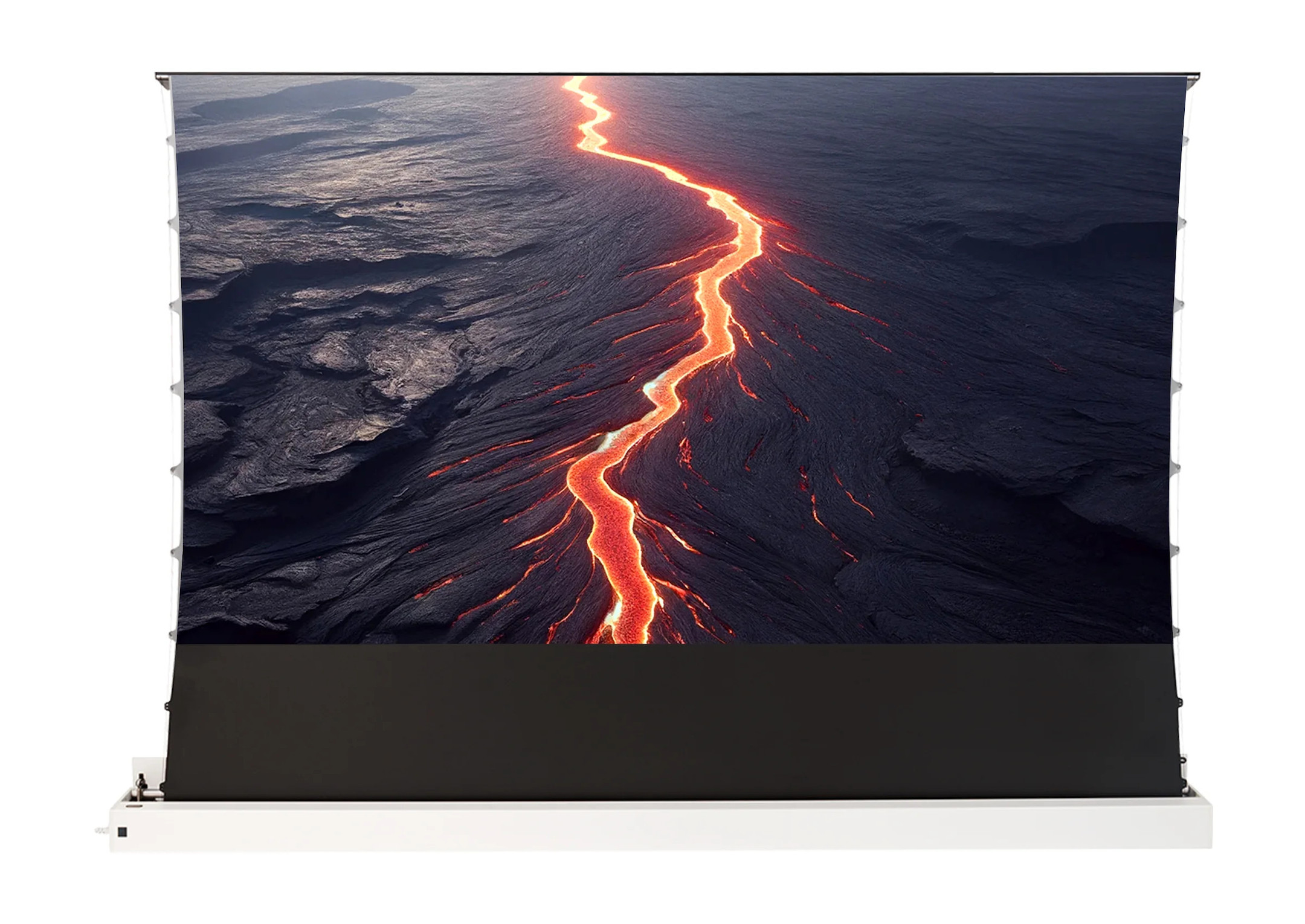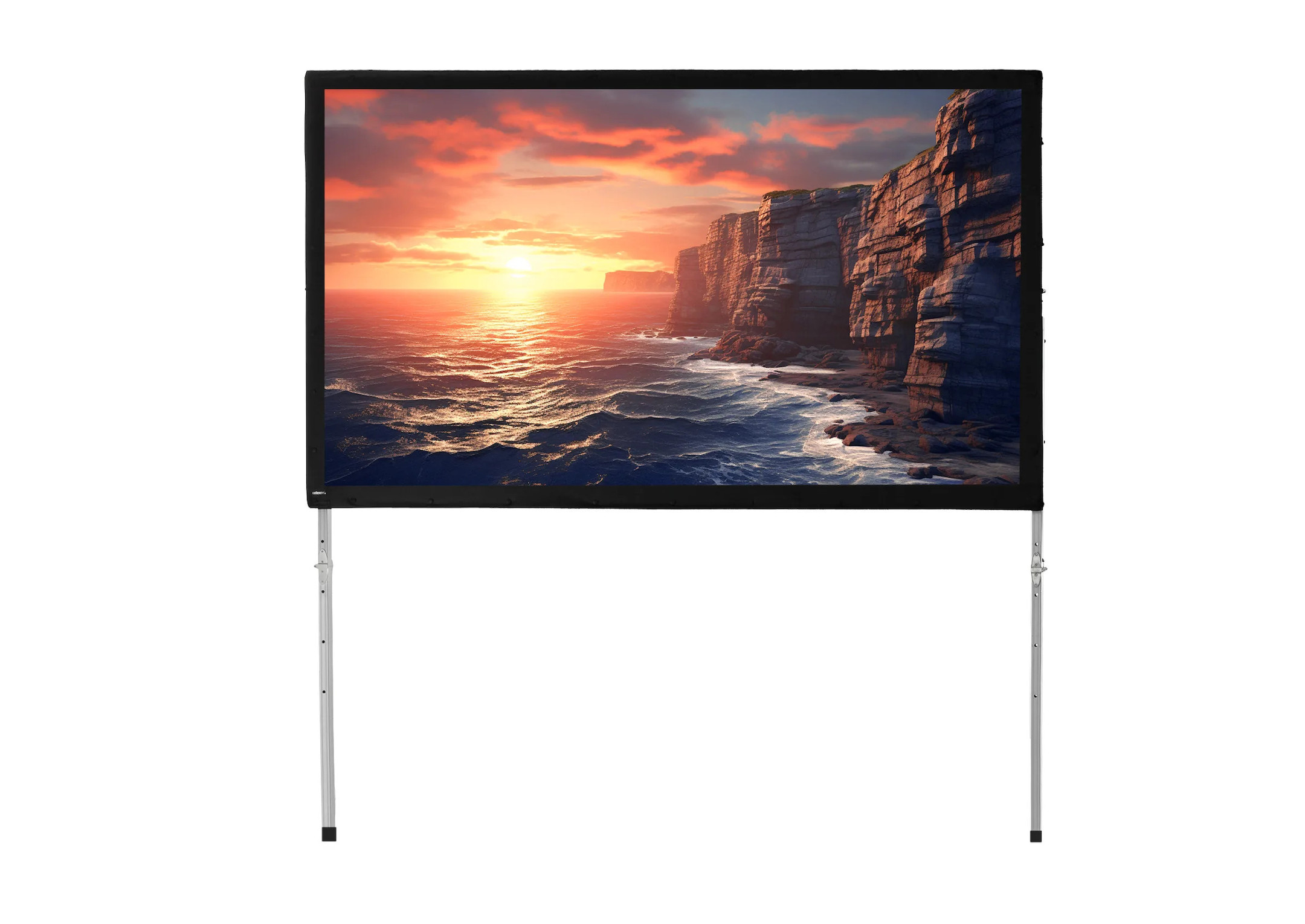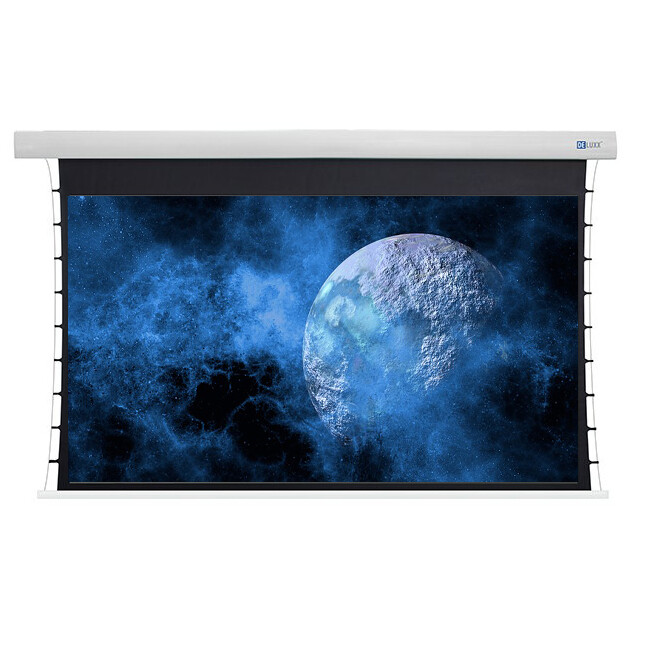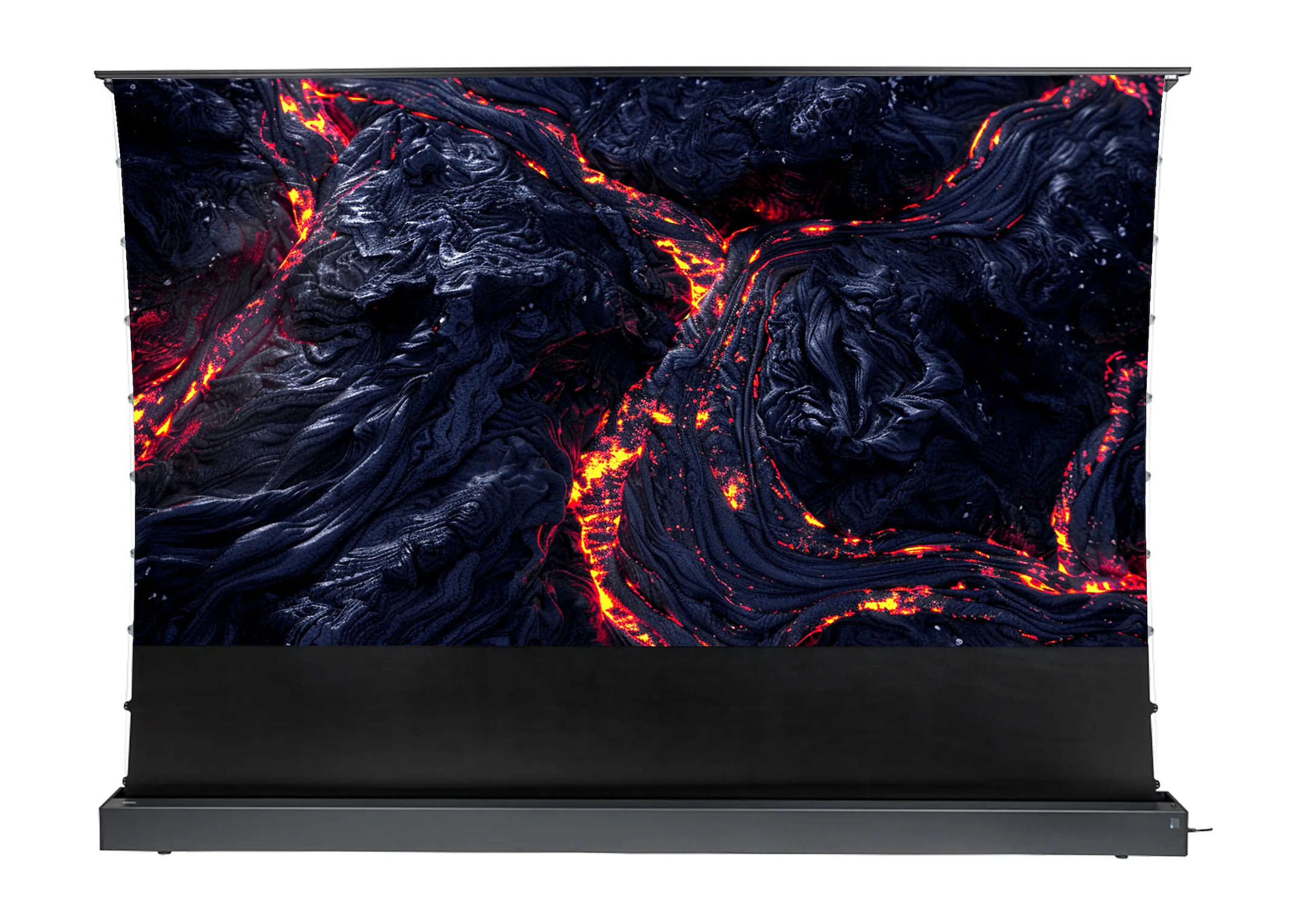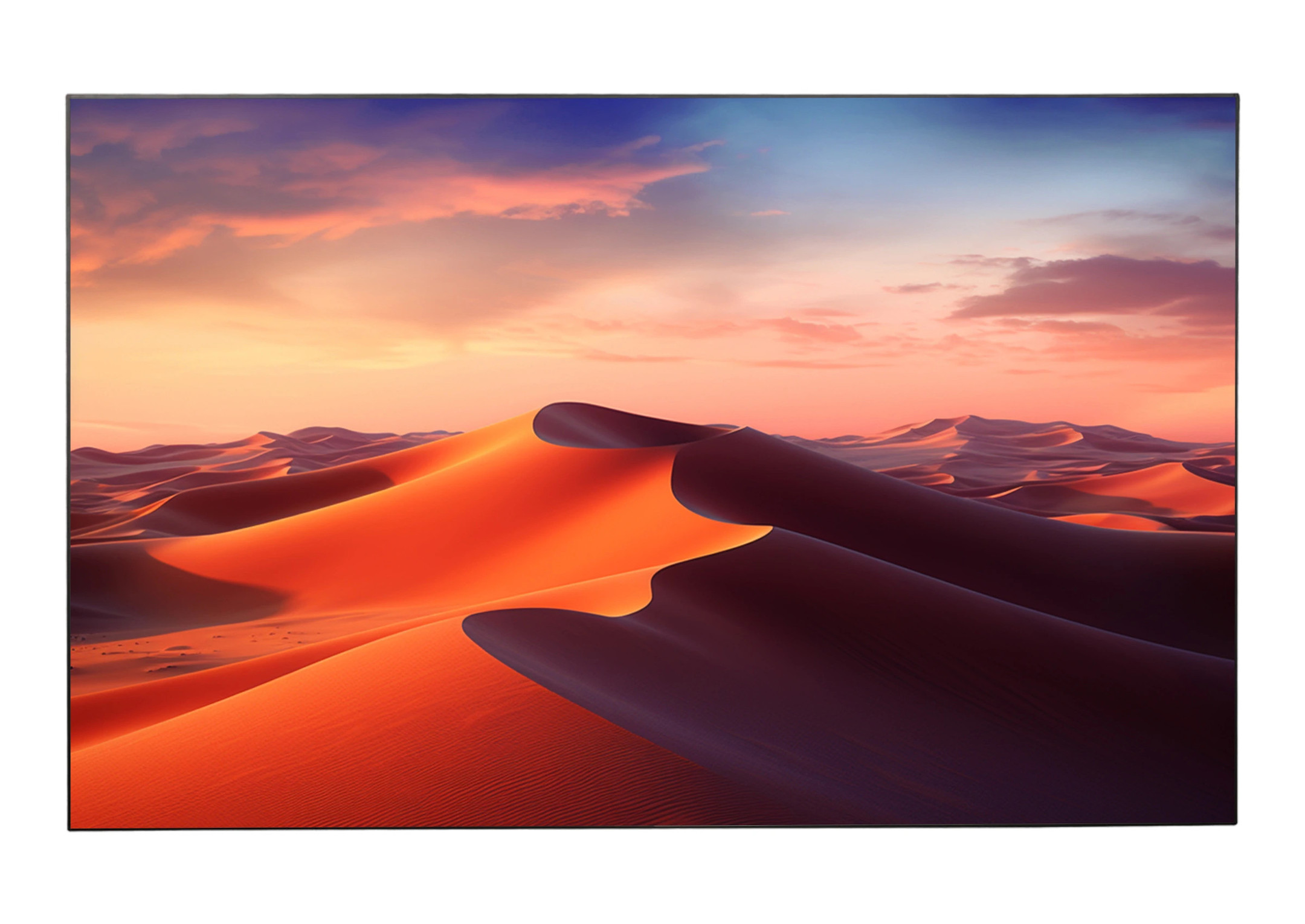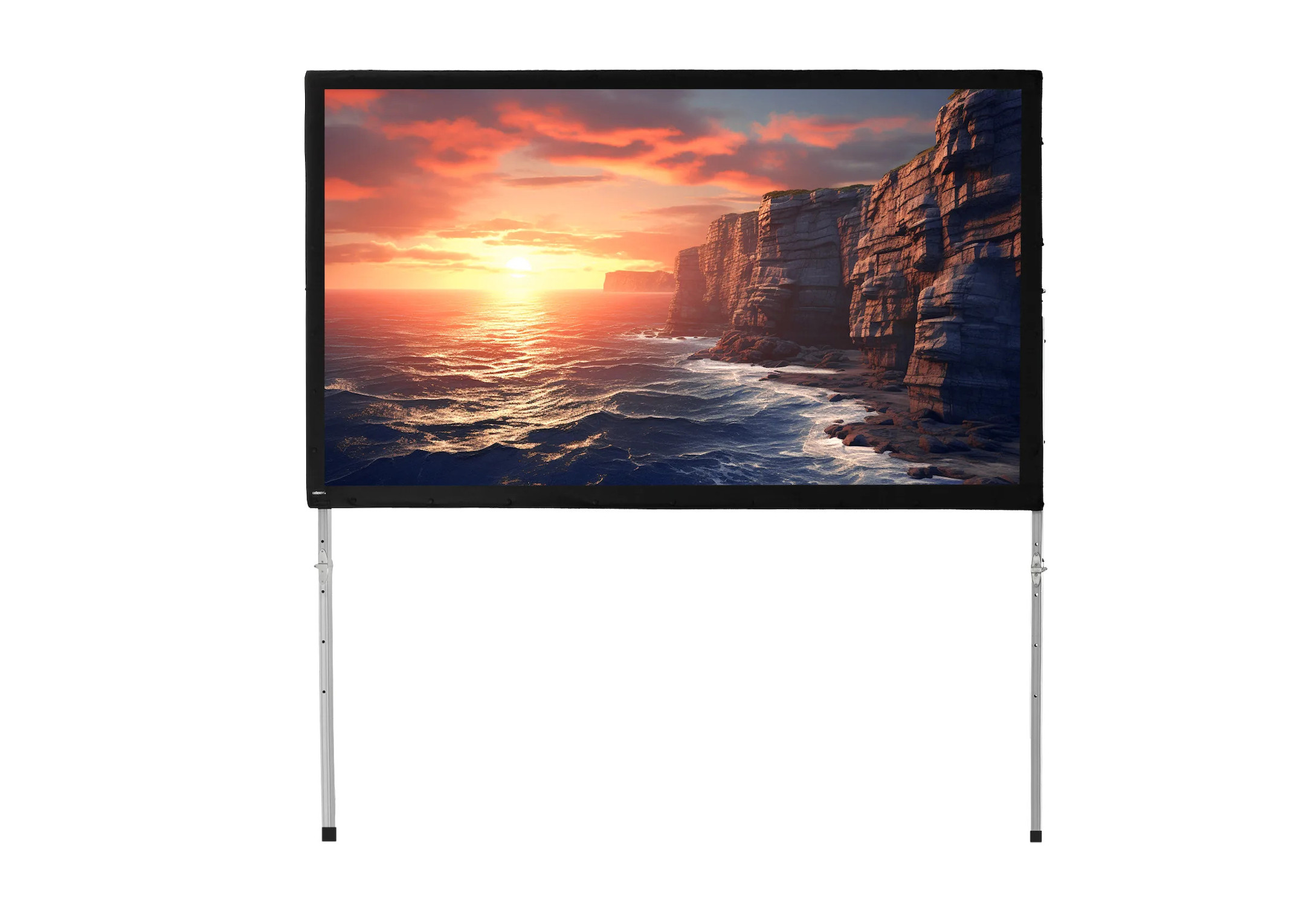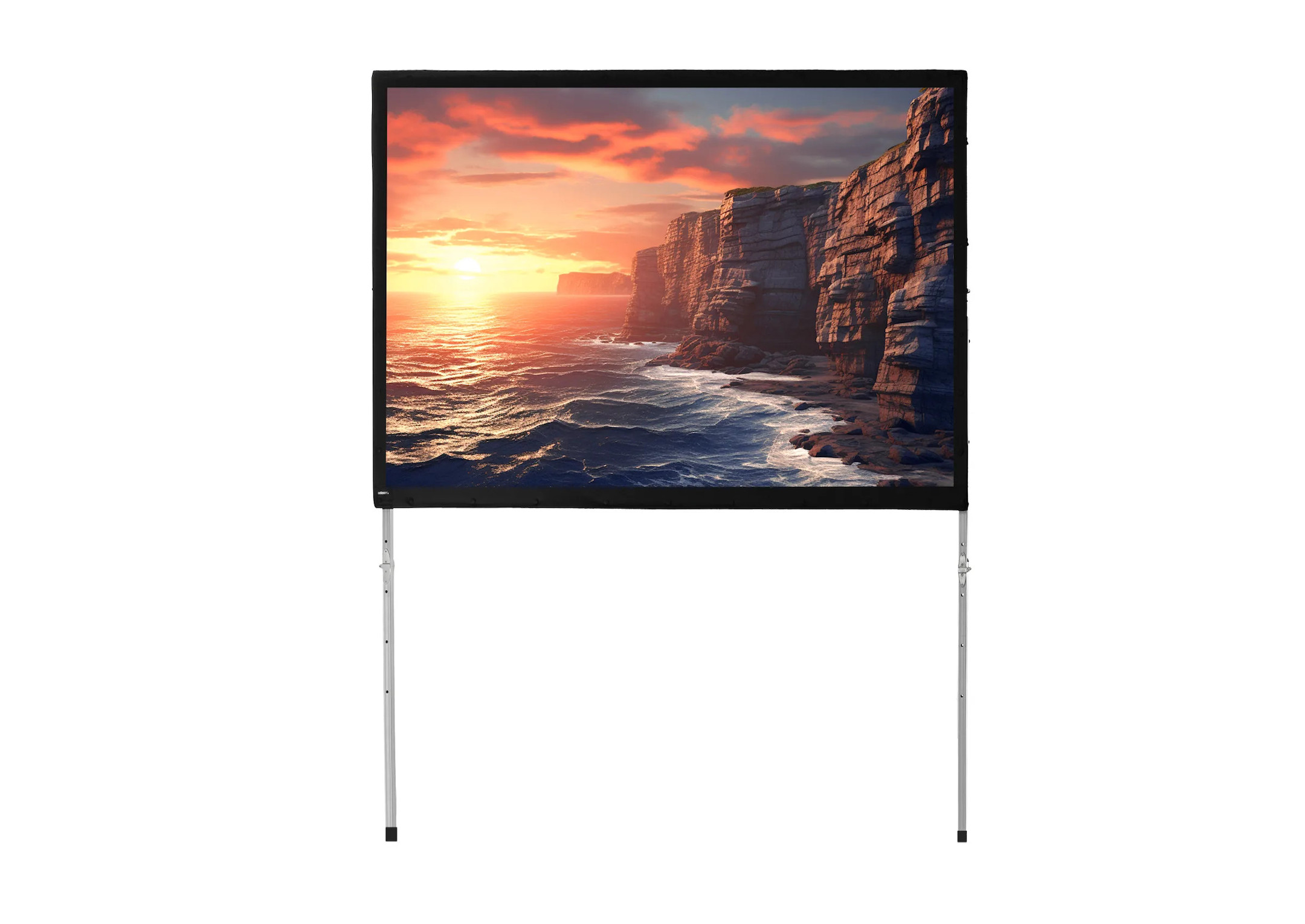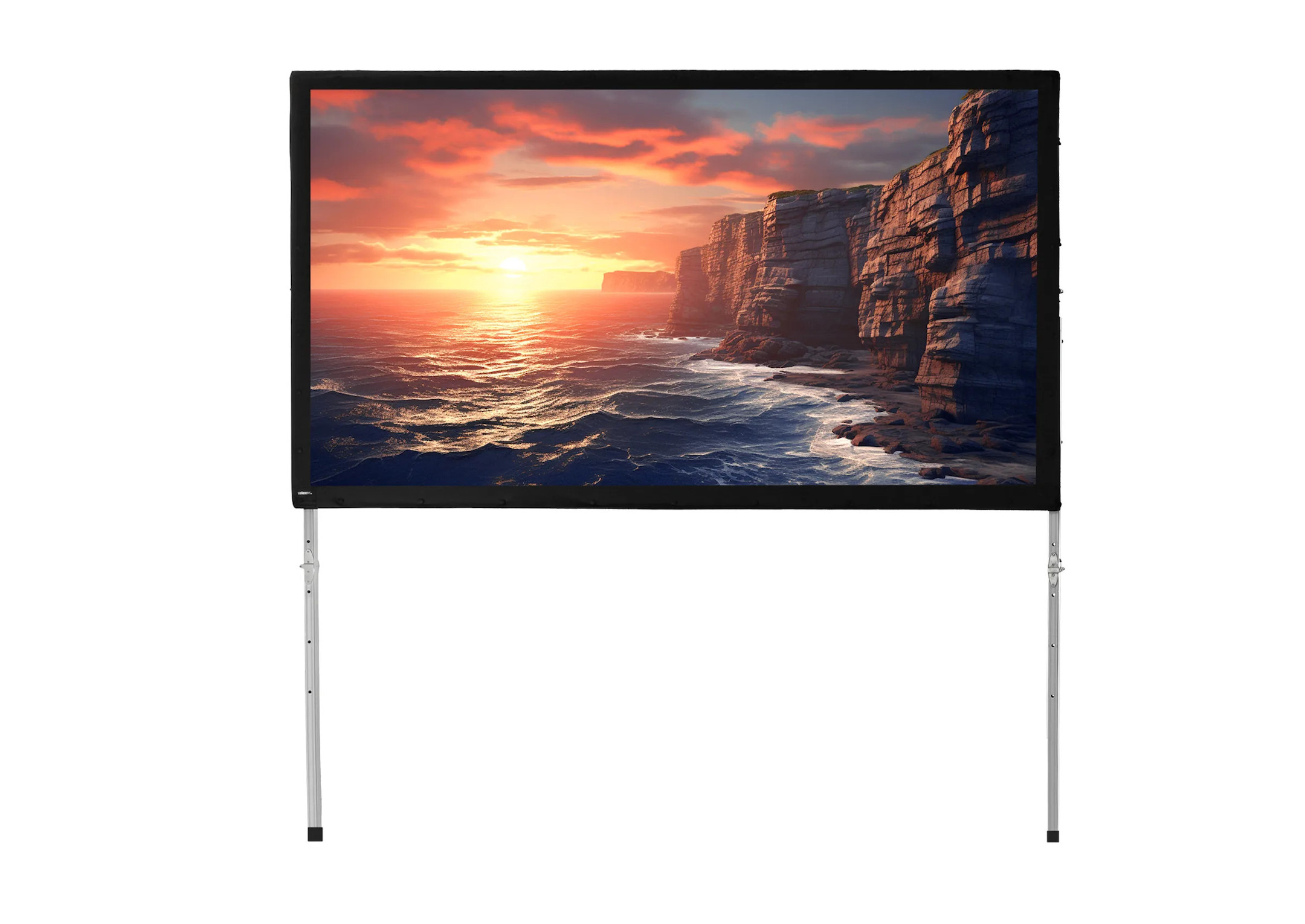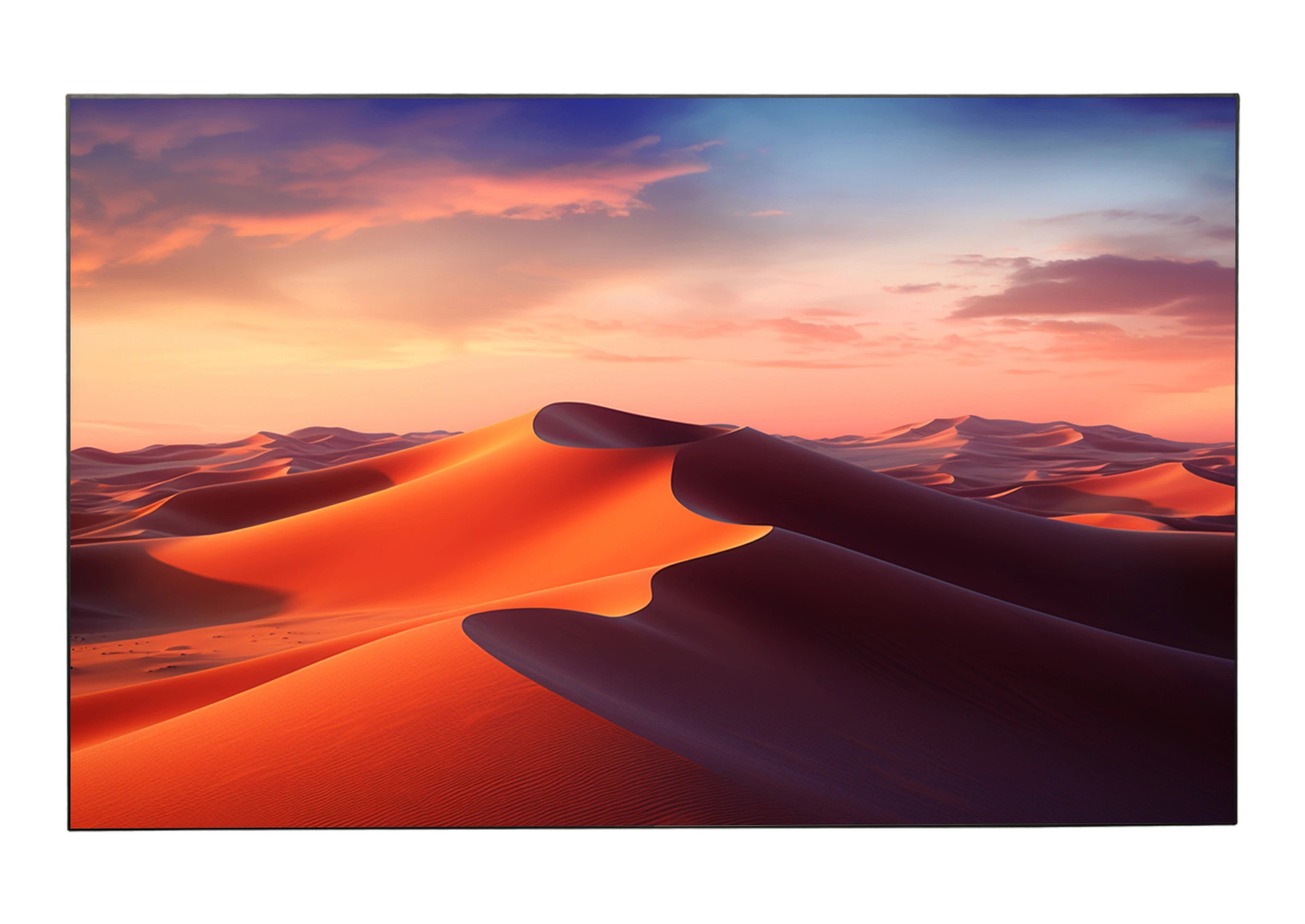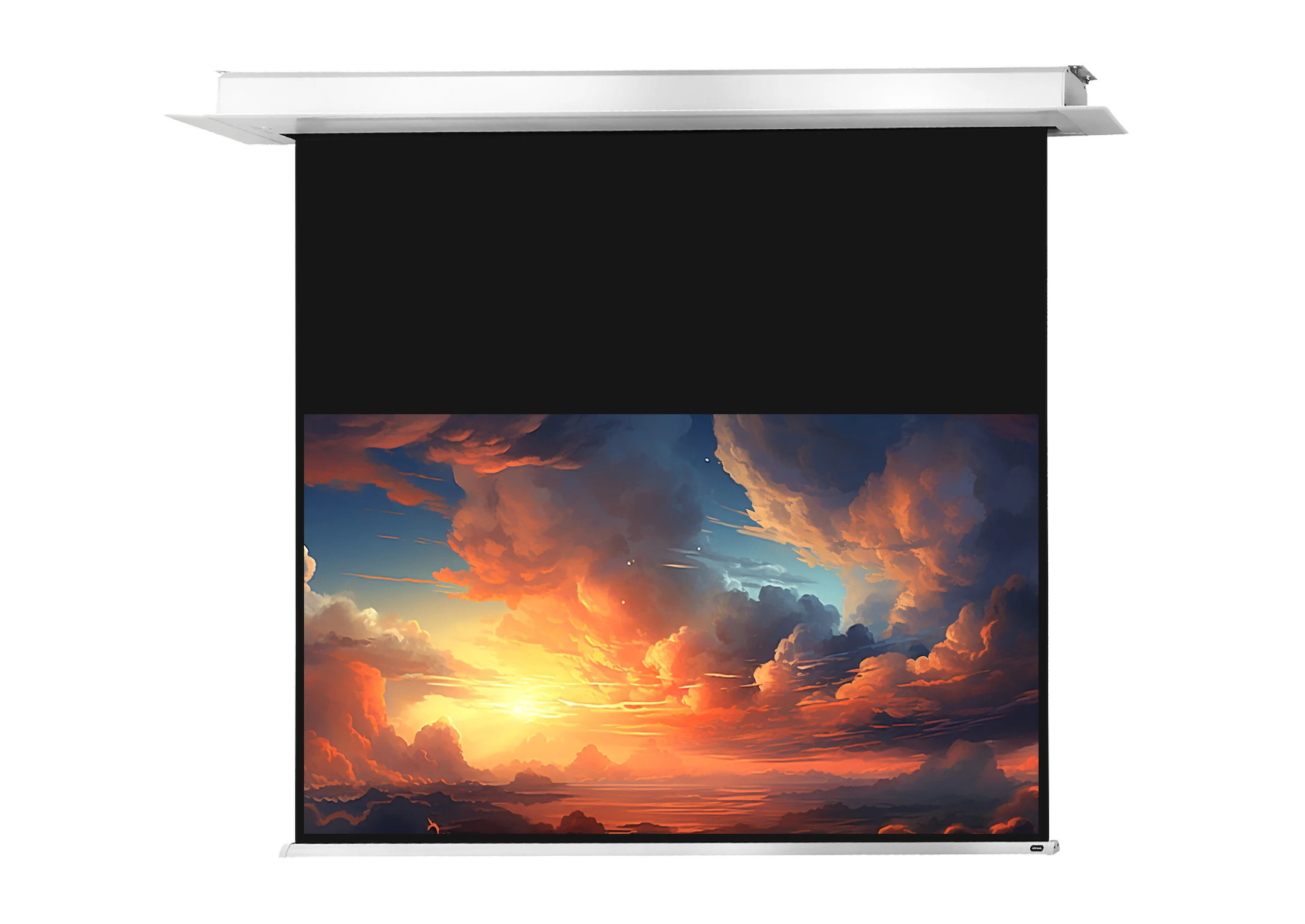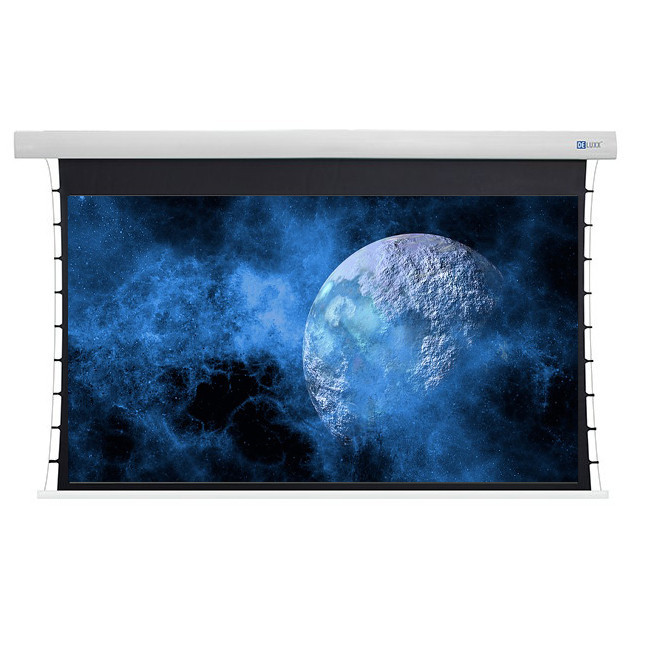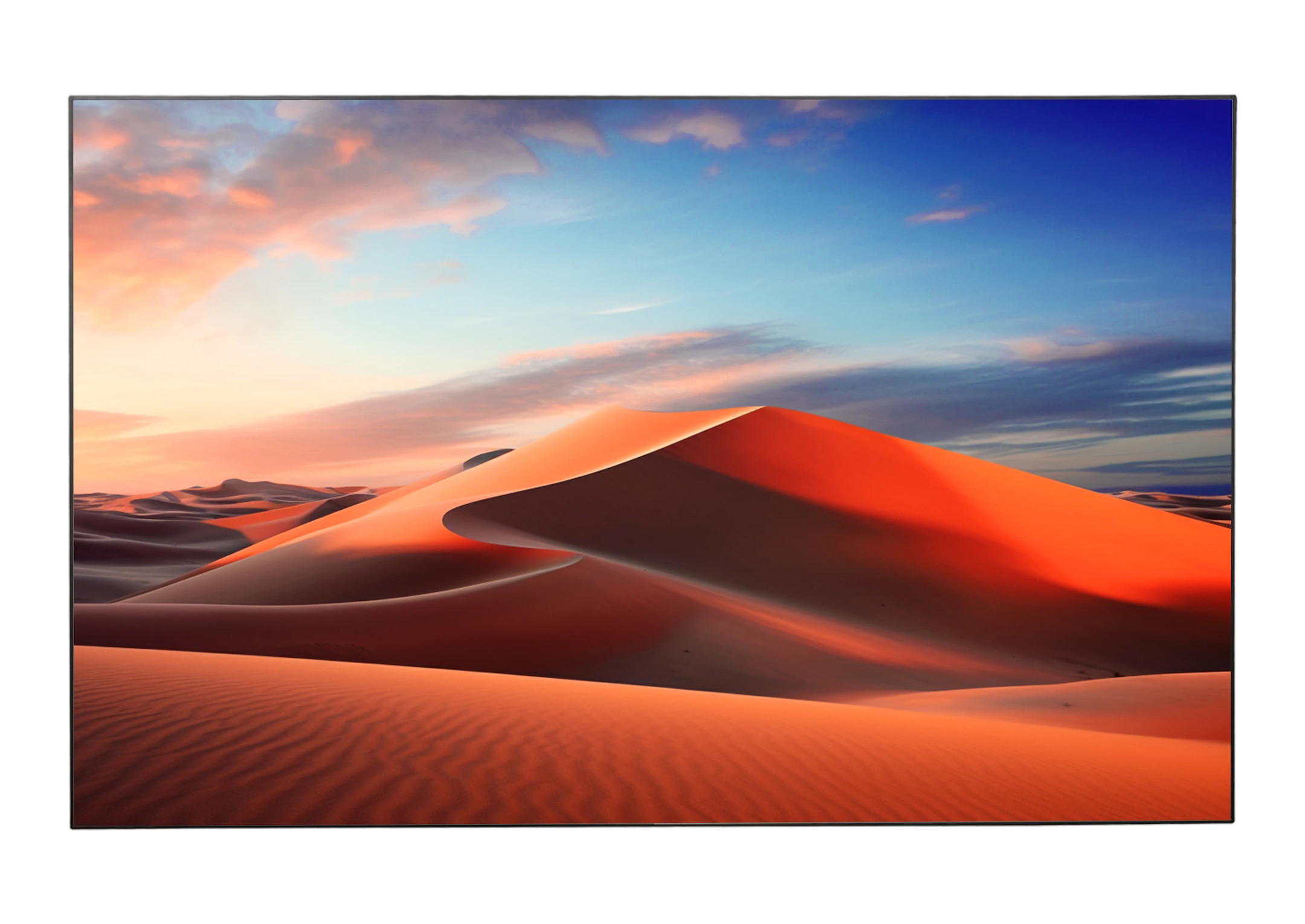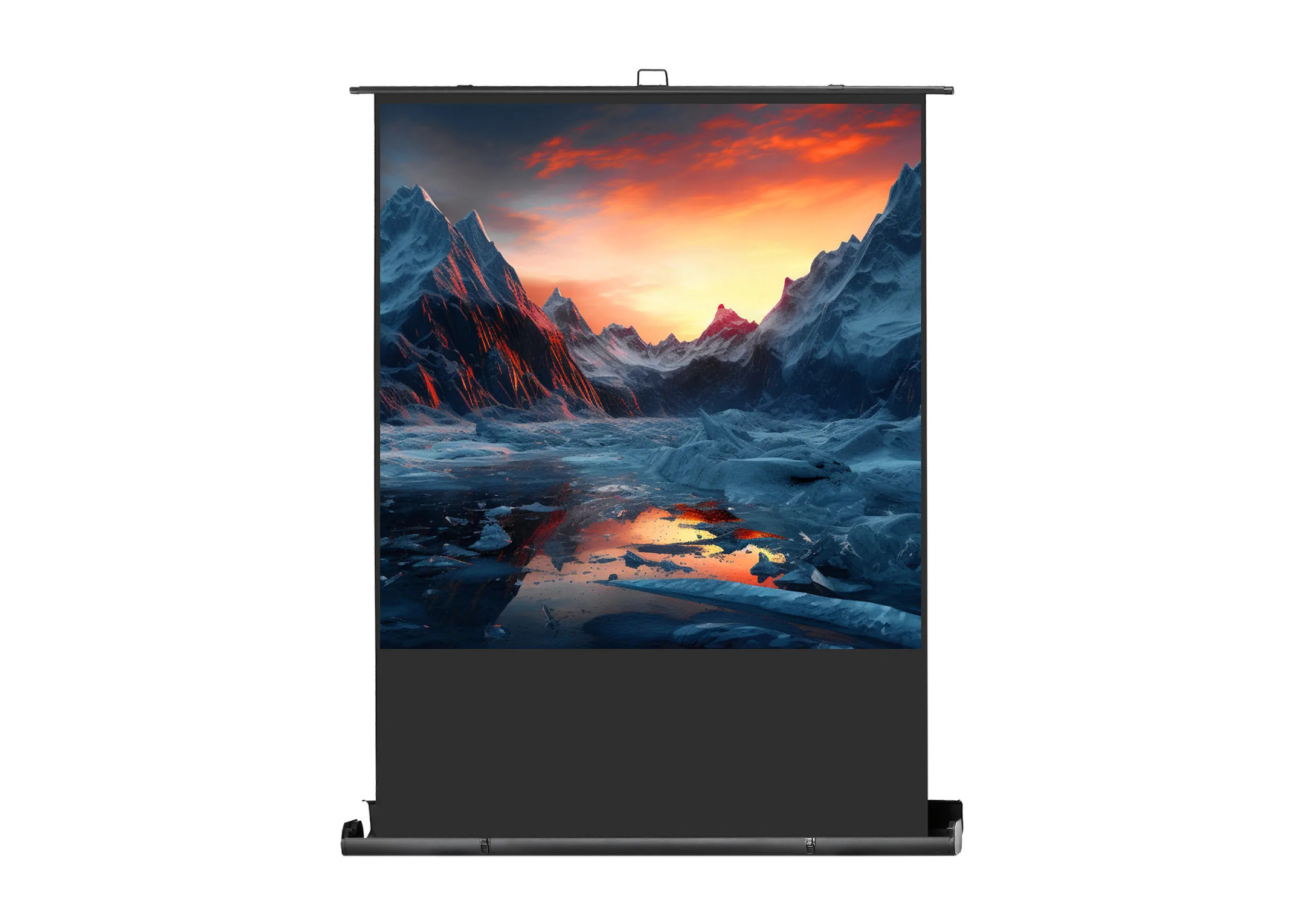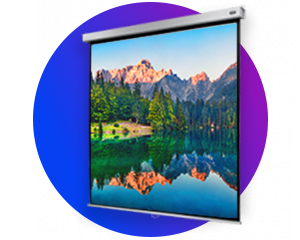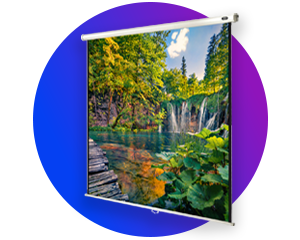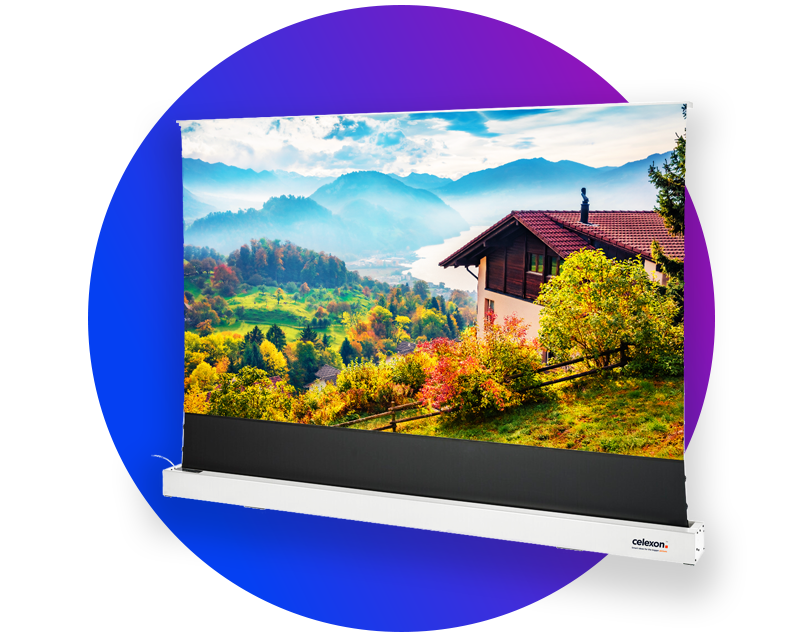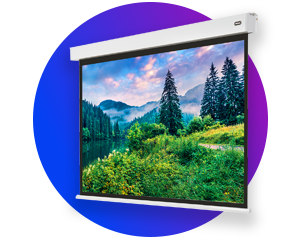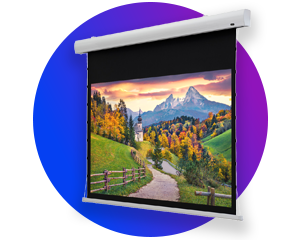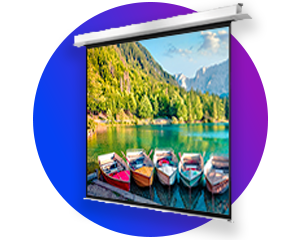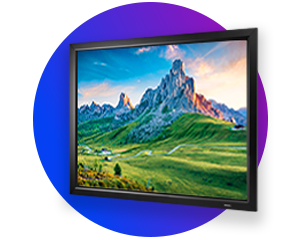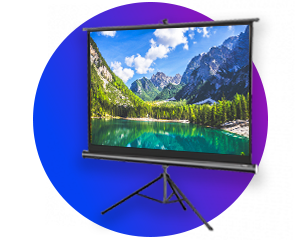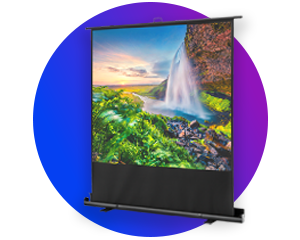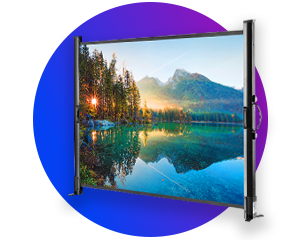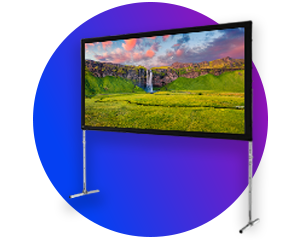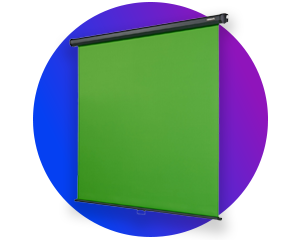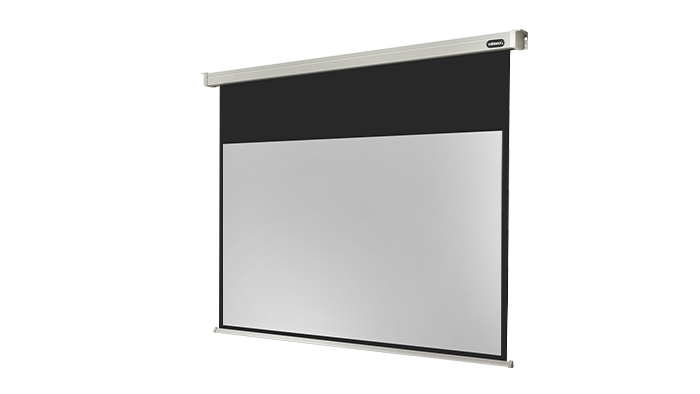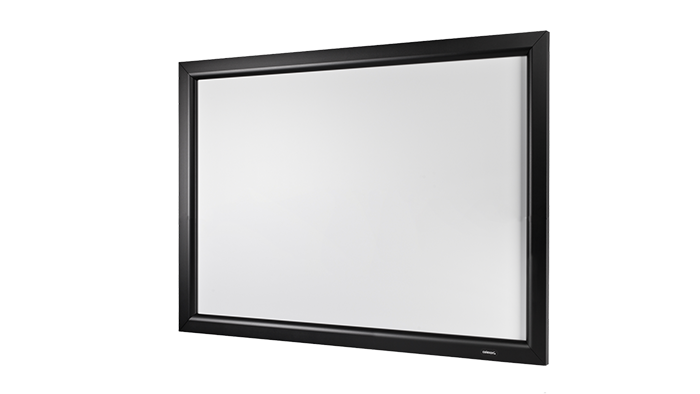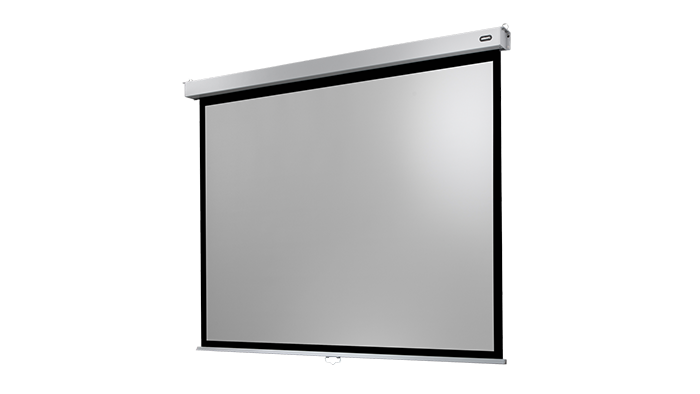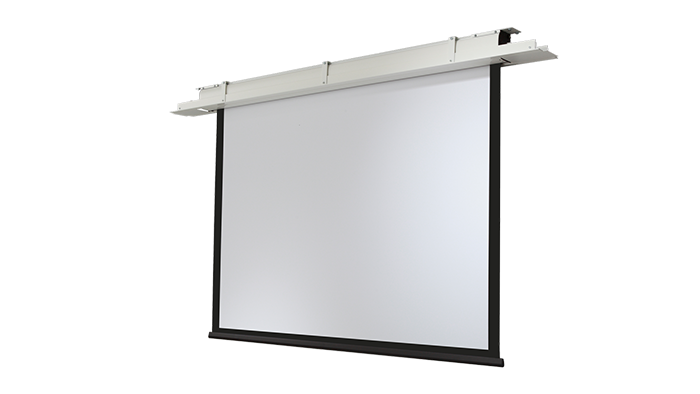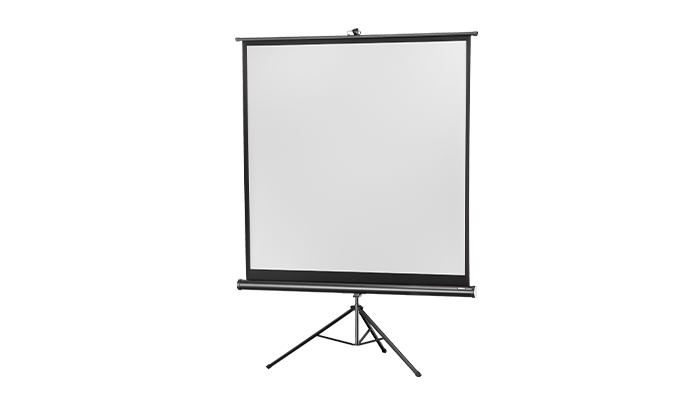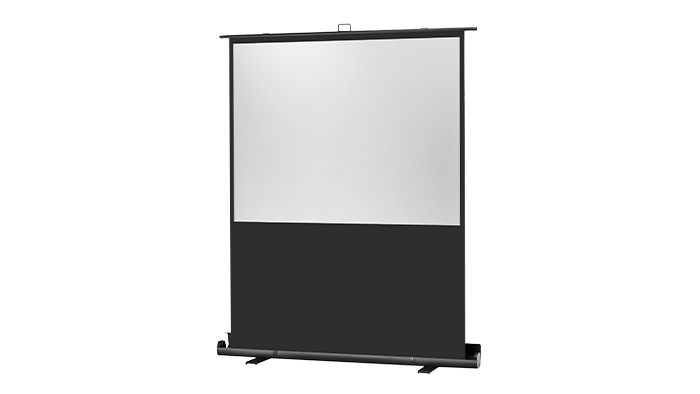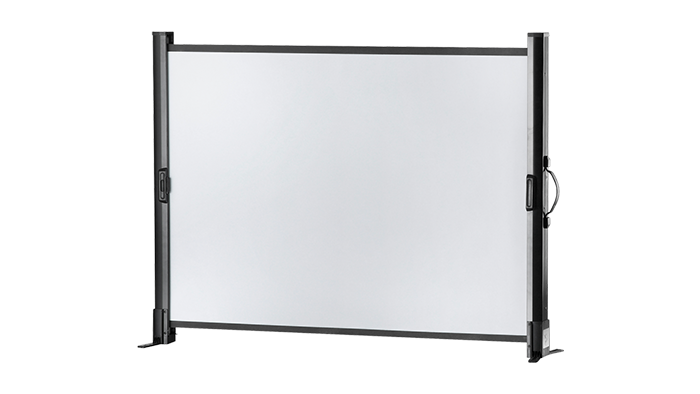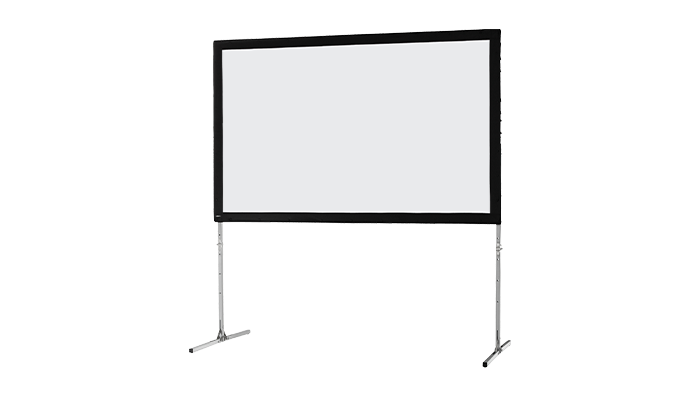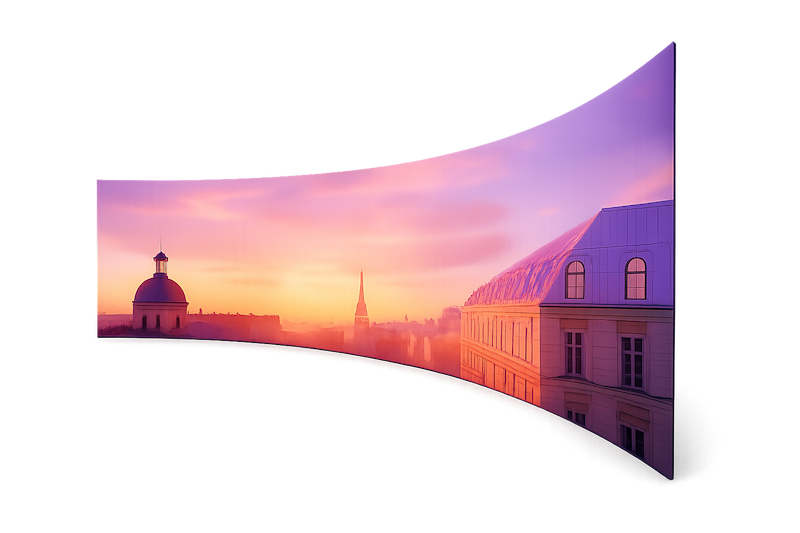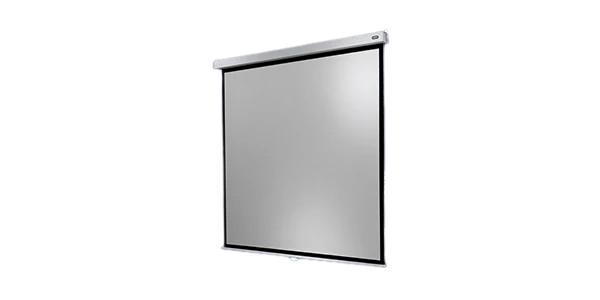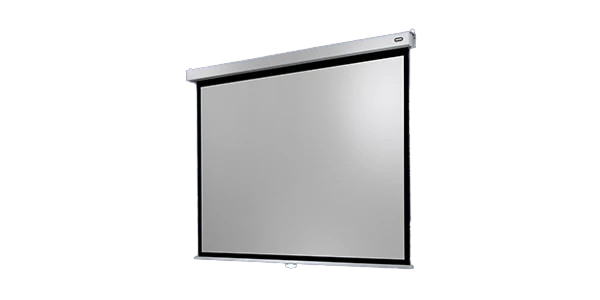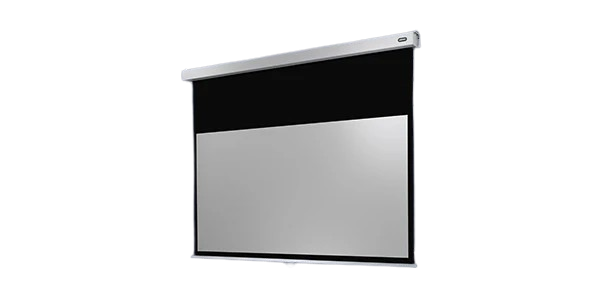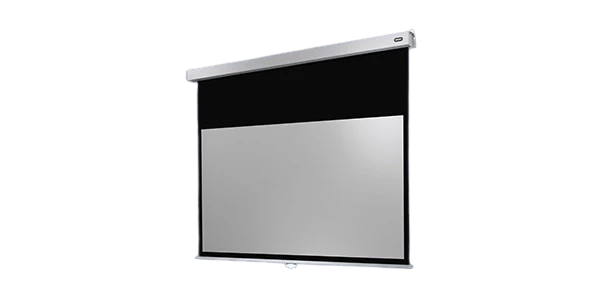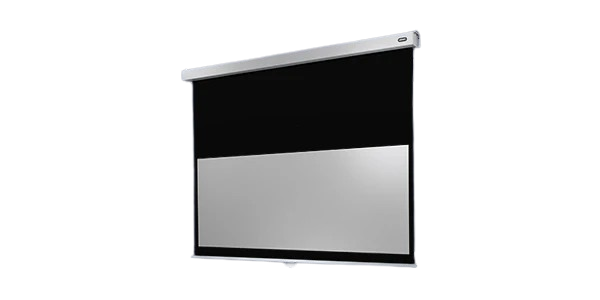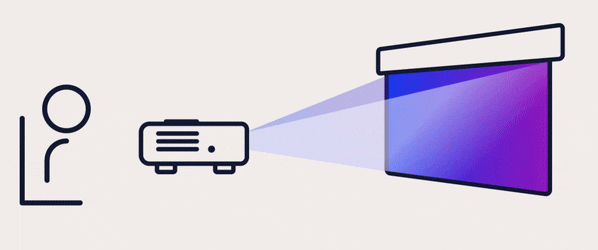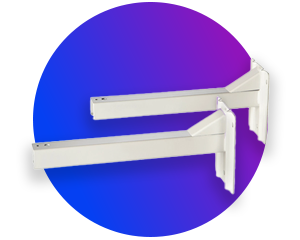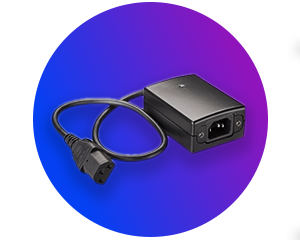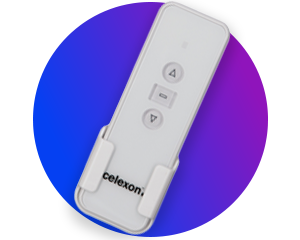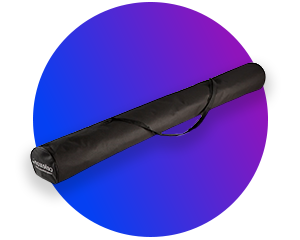Projection screens
How to find the right projection screen for your projector
Projector projection screens are the perfect complement to any projector. Compared to white walls or improvised surfaces, they offer a specially coated projection surface - for significantly better brightness, sharpness and contrast. But for which areas of application are projection screens suitable?
Your advantages with a high-quality projector screen
A good projector screen offers decisive advantages over projecting onto a simple wall - for home cinema, presentations or events alike:
Better light reflection & contrast: Special coatings ensure even light distribution and increase contrast - the image appears more brilliant and detailed.
Less stray light: High-quality projection screens reduce light coming in from the side and improve image quality, especially in rooms with residual light.
Cost advantage due to lower light requirements: As the light is reflected more specifically, the projector does not need to be extremely bright - this saves on acquisition costs.
Individual choice of size: Projection screens are available in various formats and sizes - to suit the room size, seating distance and projection ratio.
Flexible use: Whether manual projection screens, electric projection screens or mobile screens - the projection surface is quickly available when needed and can be discreetly stowed away when not in use.
Real home cinema feeling: With screen diagonals of over 100 inches, you can bring the cinema experience directly into your living room - razor-sharp and immersive.
Buying the right projector screen: Which projection screen is right for your application?
There are different types of projection screens depending on the location and requirements - whether for home cinema, conference room, outdoor event or mobile presentation. Here you can find out which projection screen is the right choice for your application
Projector screens for home cinema and living room
Stationary projection screens are particularly suitable for a private home cinema or a cosy movie night in the living room. They ensure high-quality image reproduction and fit elegantly into the room.
Projection screens for conference rooms and schools
In business environments such as meeting rooms or training centres, a reliable, easy-to-use projection screen is required.
Mobile projection screens for field service, training and on the go
If flexibility is required, for example for training courses at different locations or for field service, mobile projection screens are the best choice.
Large mobile projection screens for events and open-air cinema
Buying a projection screen - tips from the experts
Want to buy a projector screen but don't know what to look for? Our experts explain how to make the right decision.
How do I find the right screen format?
The choice of the right screen format depends heavily on the area of application and the projector used. Here you will find an overview of the most common formats and their advantages.
Optimise screen size and seat distance
In addition to the format, the size of the projection screen also plays an important role. It is crucial that the screen size and seat distance are optimally matched to each other in order to achieve the best possible viewing experience. The ideal projection distance also depends on the image quality of your projectors:
- With HD Ready resolution (1,280 x 720 pixels), the seating distance should be around 1.8 times the screen width.
- For Full HD resolution (1,920 x 1,080 pixels), the recommended distance is around 1.5 times the width of the screen.
- With a 4K projector (3,840 x 2,160 pixels), you can even sit as close as the width of the projection screen without any loss of quality or visible pixels.
What role does the gain factor play when choosing a projection screen?
- Gain < 1.0: Low gain values are used with contrast or ALR (Ambient Light Rejecting) projection screens. They reduce stray light, improve the black level and increase contrast - ideal for environments with residual light, such as living rooms without complete darkening.
- Gain 1.0-1.5: Standard for most applications - ideal for home cinema and offices.
- Gain > 2.0: Suitable for rear projection screens or very bright rooms.
Which projection screen is best for my home?
Depending on the type of room and lighting conditions, different screen fabrics are better suited for home use. Particularly in the living room or in rooms flooded with light, it is important to use the right screen fabric to optimise contrast and image quality.
- ALR projection screens (Ambient Light Rejecting): These high-contrast projection screens were developed for rooms with residual light. They specifically reflect the light coming from the projector to the viewer and block ambient light coming from the side. Ideal for living rooms without complete blackout - but not suitable for ultra-short throw projectors.
- CLR projection screens (Ceiling Light Rejecting): Specially developed for ultra-short throw projectors (UST). They direct the light specifically from the lower area to the viewer and block distracting light from above - perfect for living rooms with ceiling lighting and limited space.
- Matt white projection screens: The classic among projection screens. They distribute the light evenly in the room and provide natural colours and a neutral image. Ideal for completely darkened home cinemas or rooms with controlled lighting.
Depending on the type of projector, room brightness and space available, the right choice of screen can be decisive for the home cinema experience.
Buy accessories for your projector screen
For more convenience, flexibility and integration, we offer a wide range of accessories for your projector screen. These include suitable brackets for wall or ceiling mounting as well as numerous control options.
For Smart home cinema integration , many projection screens can also be integrated into home control systems, e.g. via RS-232, IP or wireless protocols. In combination with ceiling lifts, projection screens can also be elegantly concealed in the ceiling - ideal for living rooms or conference rooms with sophisticated design requirements. You are also ideally equipped for mobile use: For safe transport, we offer soft cases for tripod screens in various sizes and designs.
Projection screens Special solutions
With a custom-made projection screen, you determine the screen size, screen tube colour and additional screen properties. Our experts will be happy to advise you on customised requirements.
